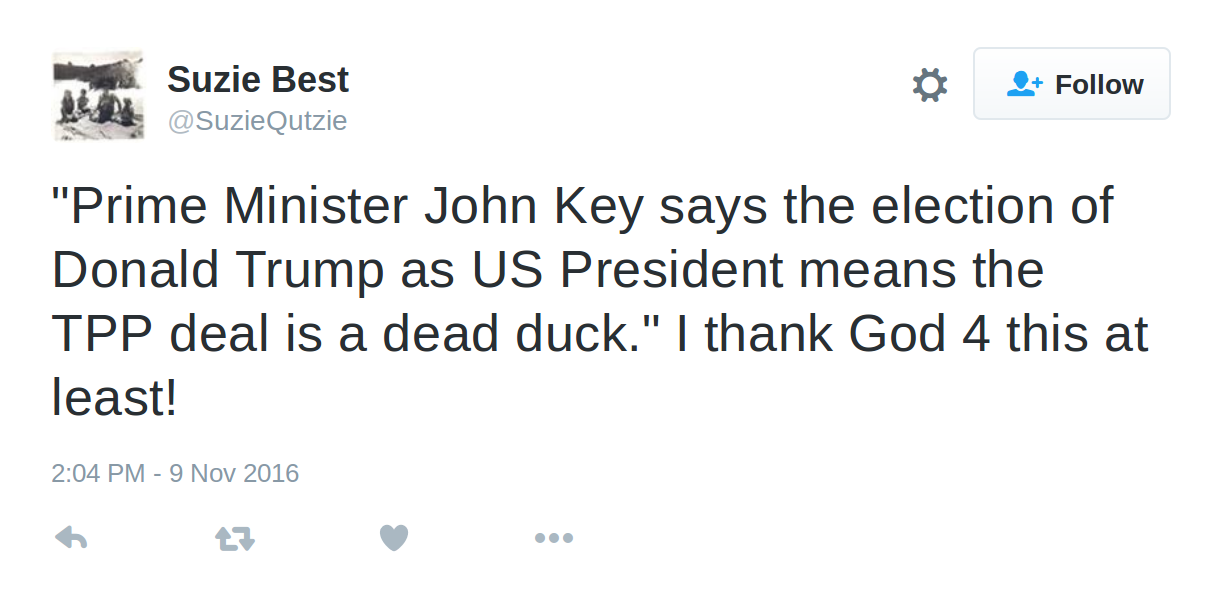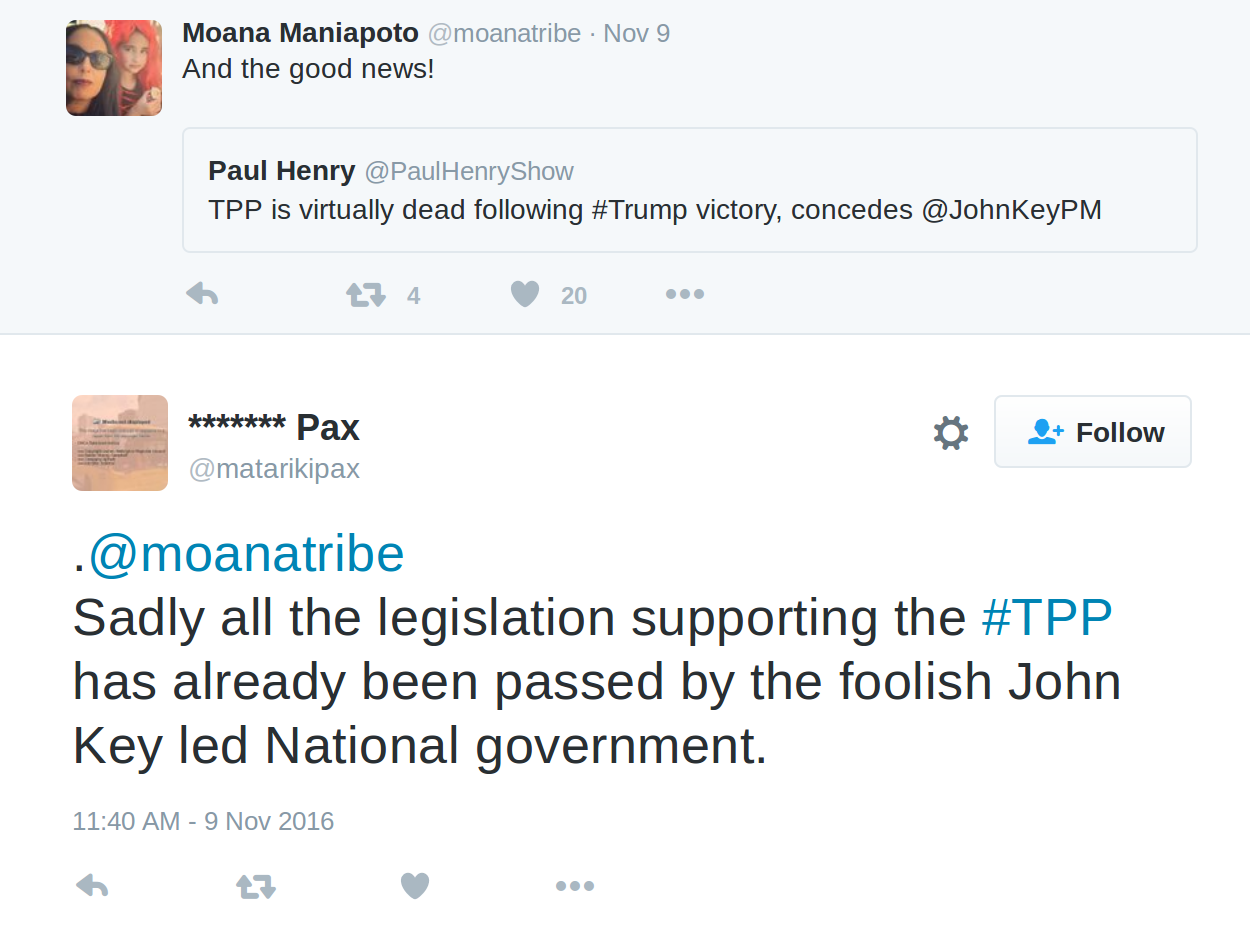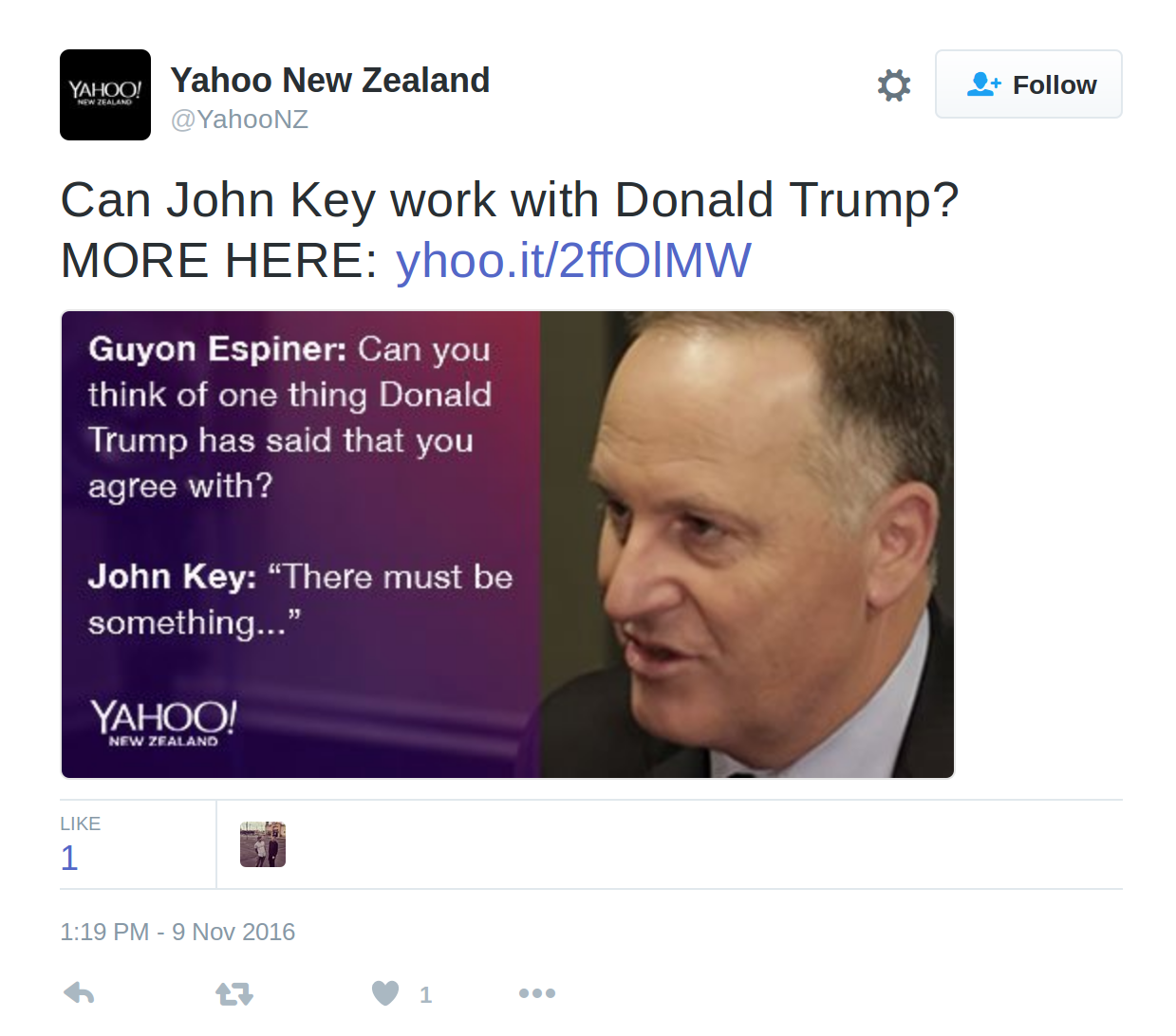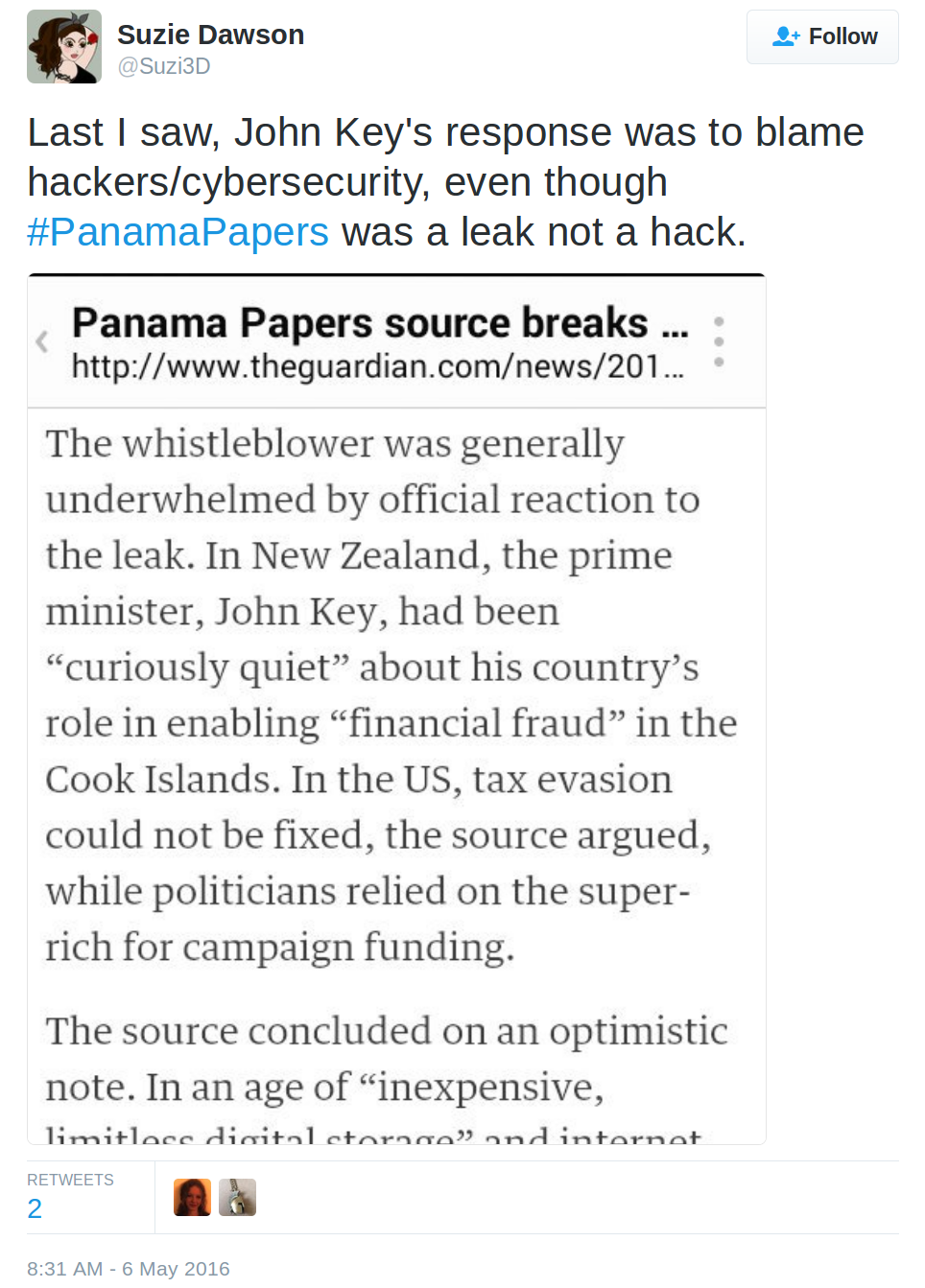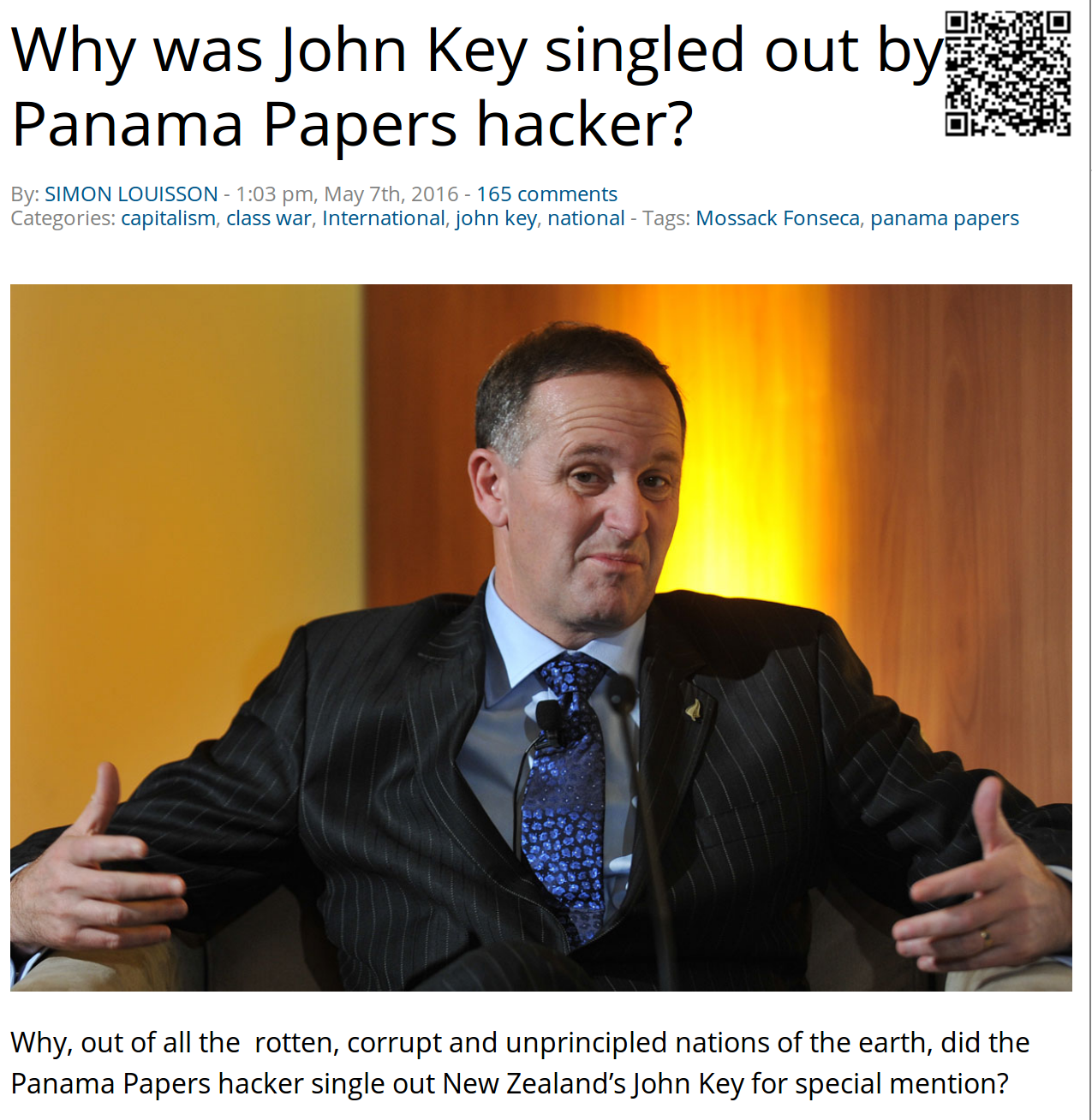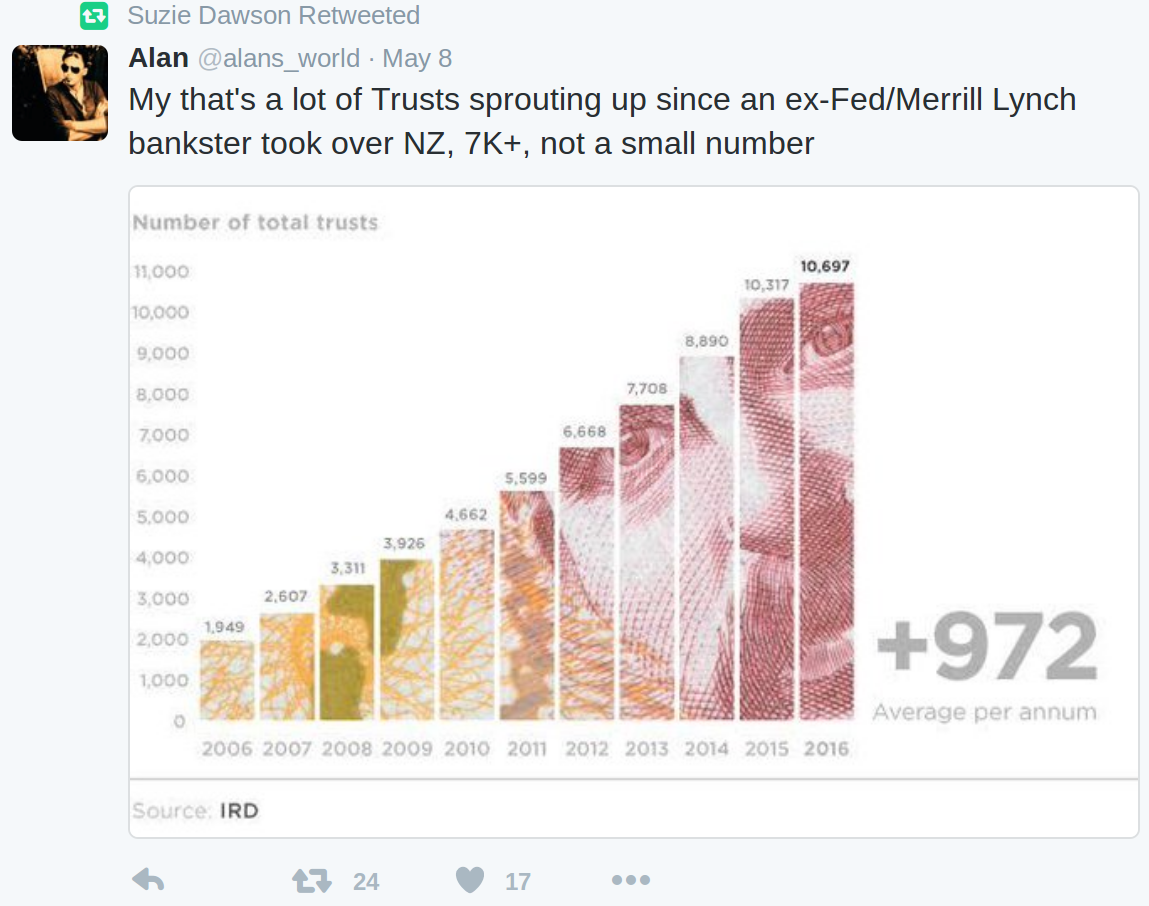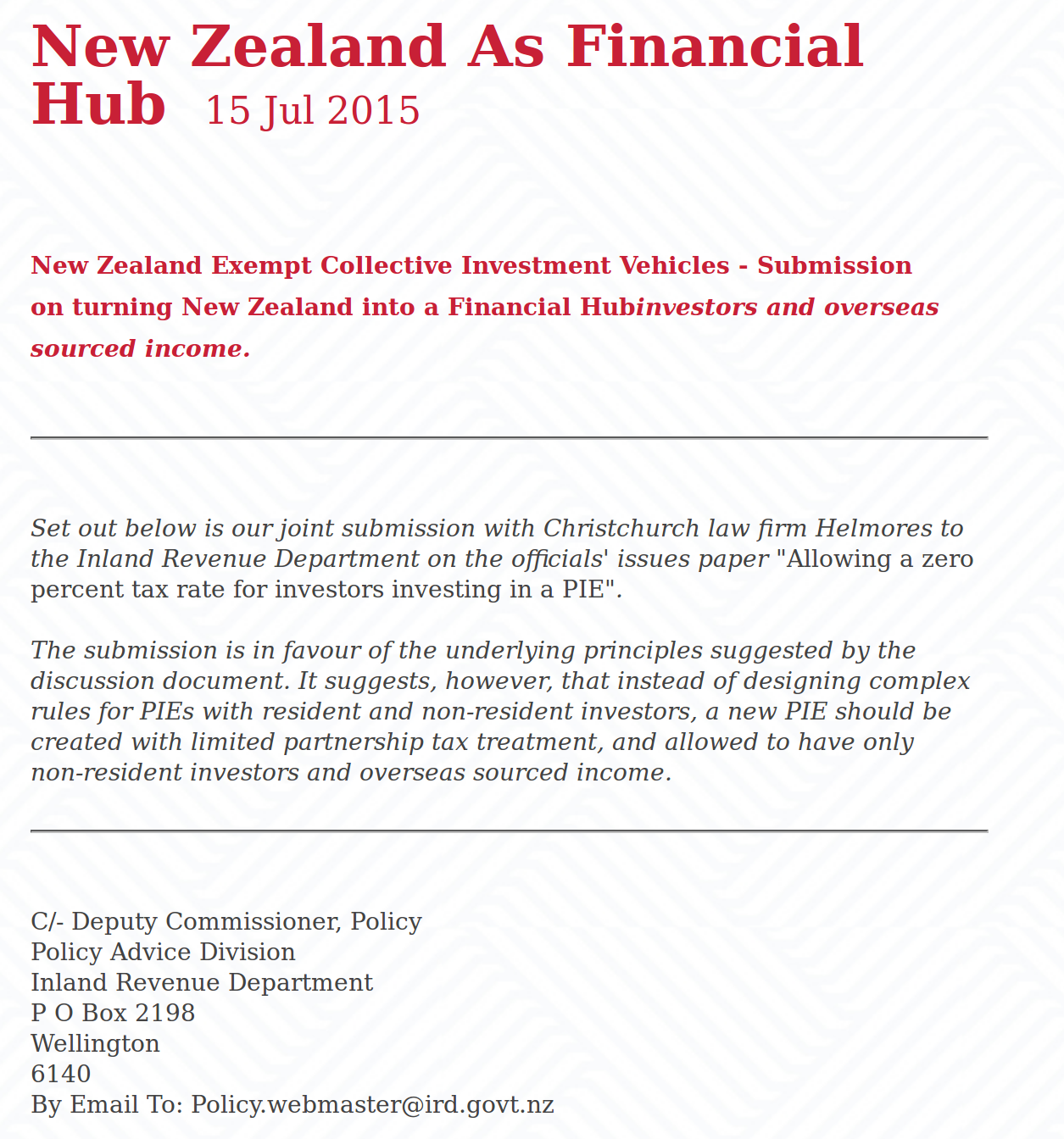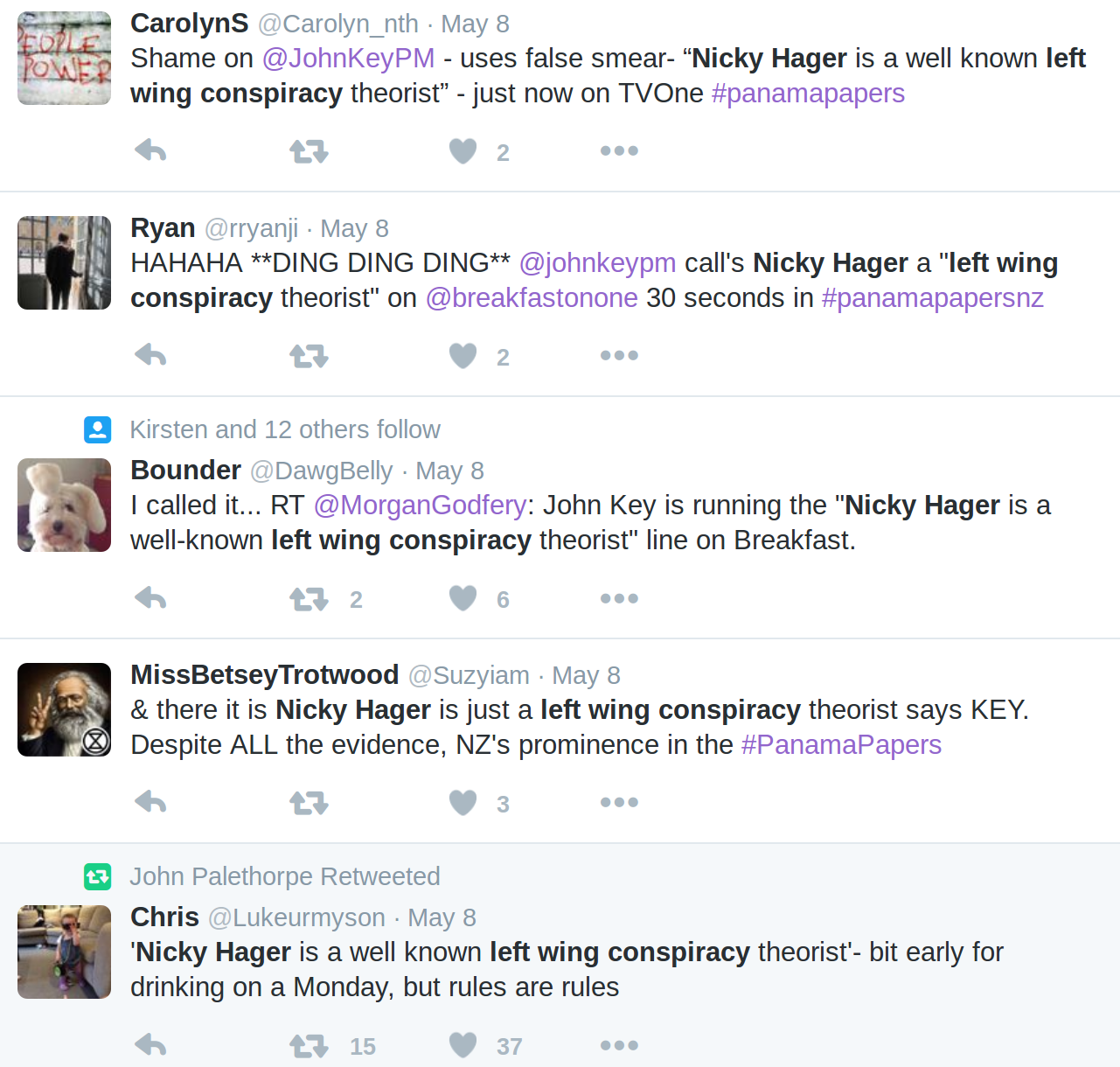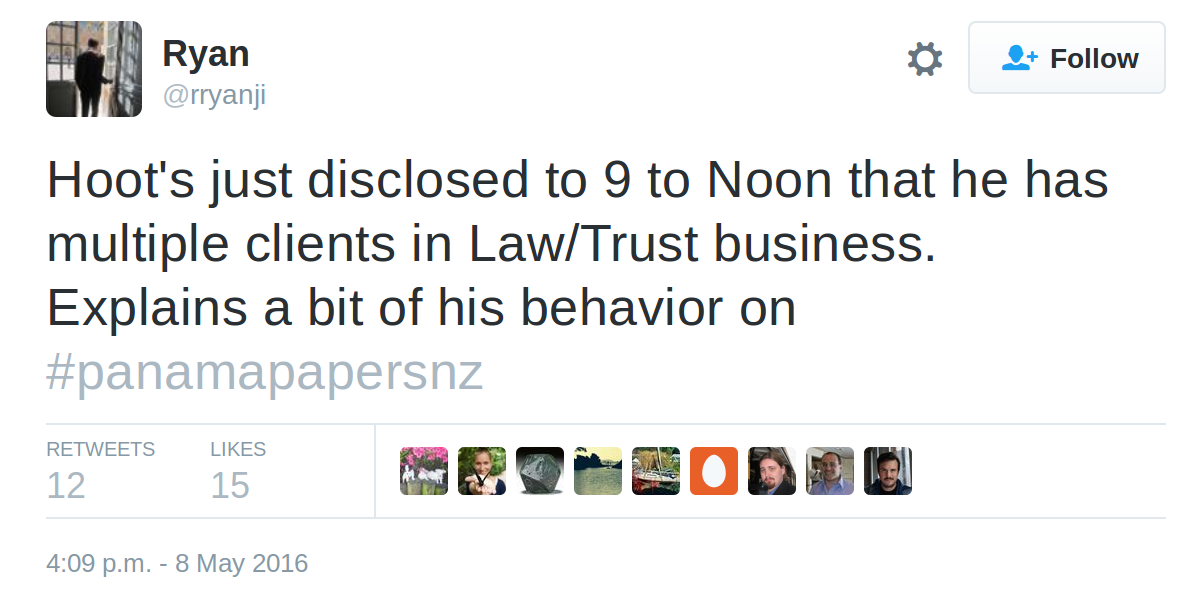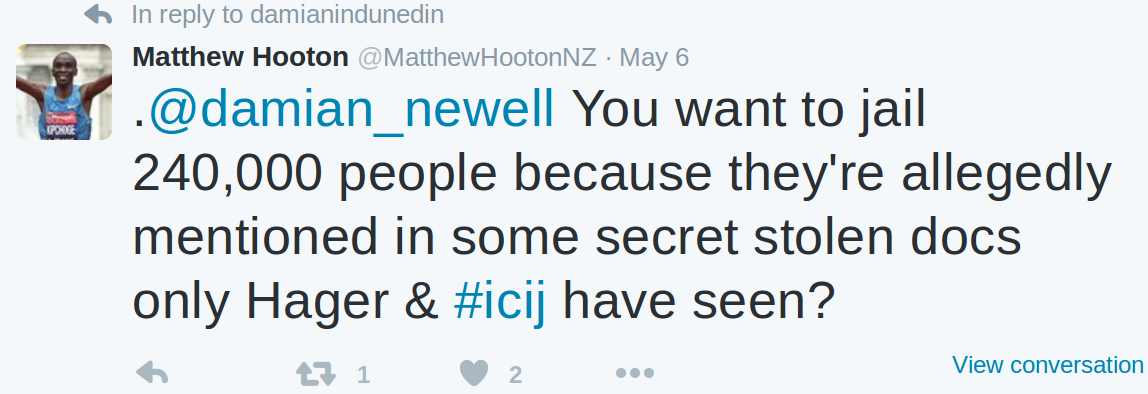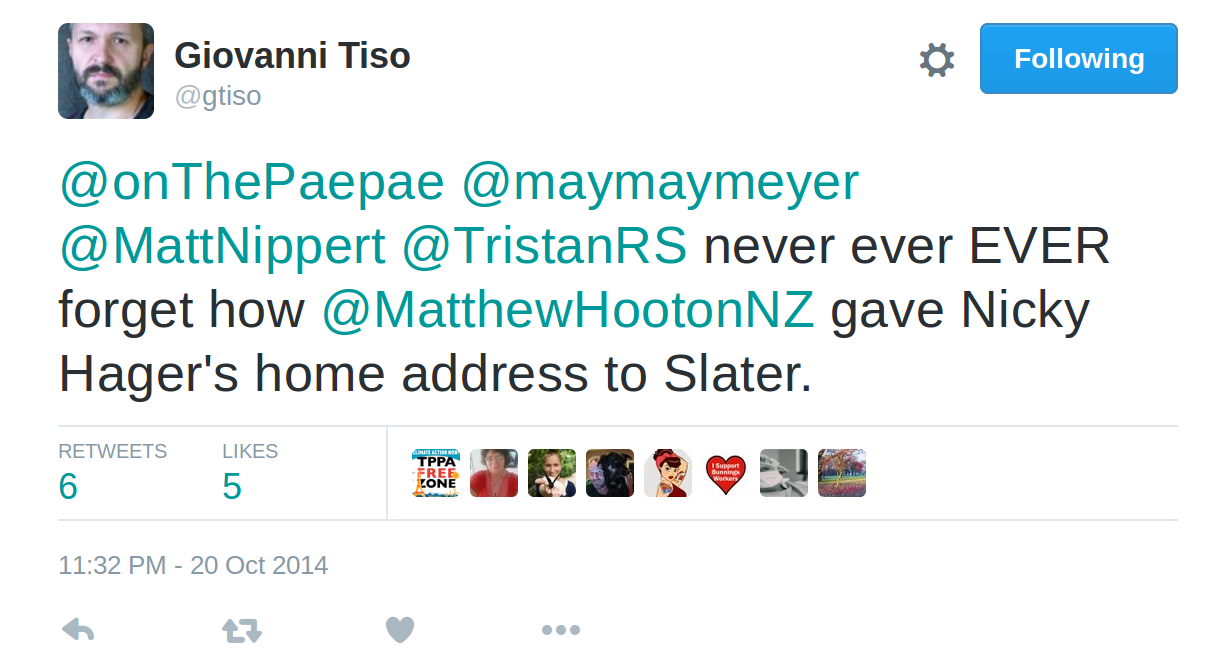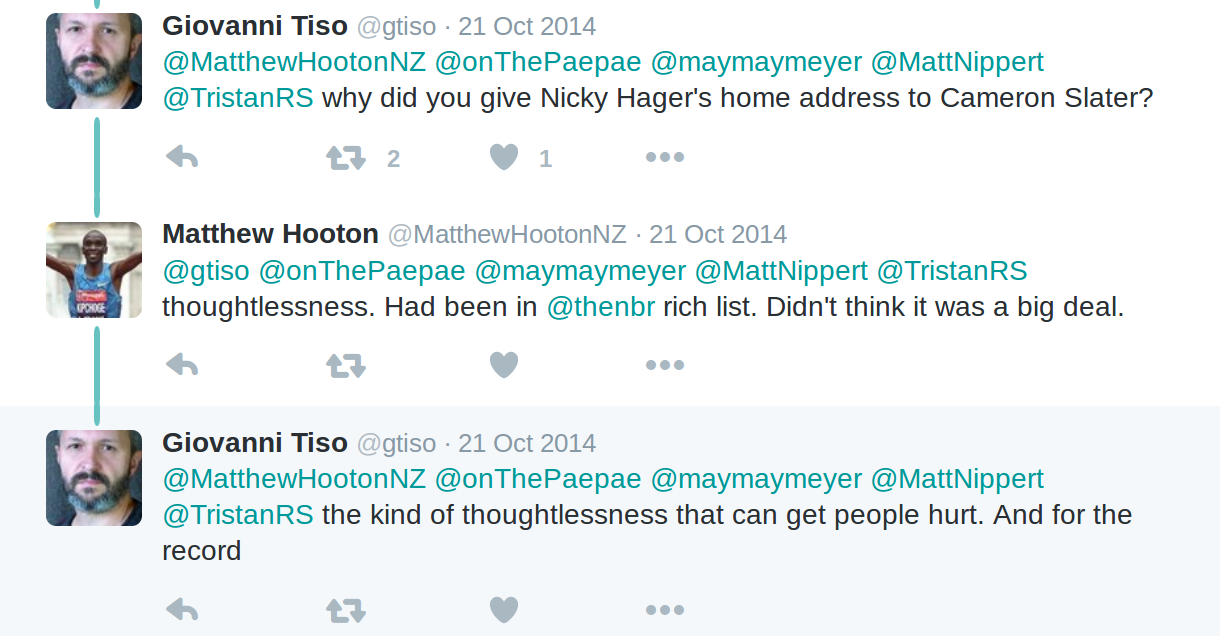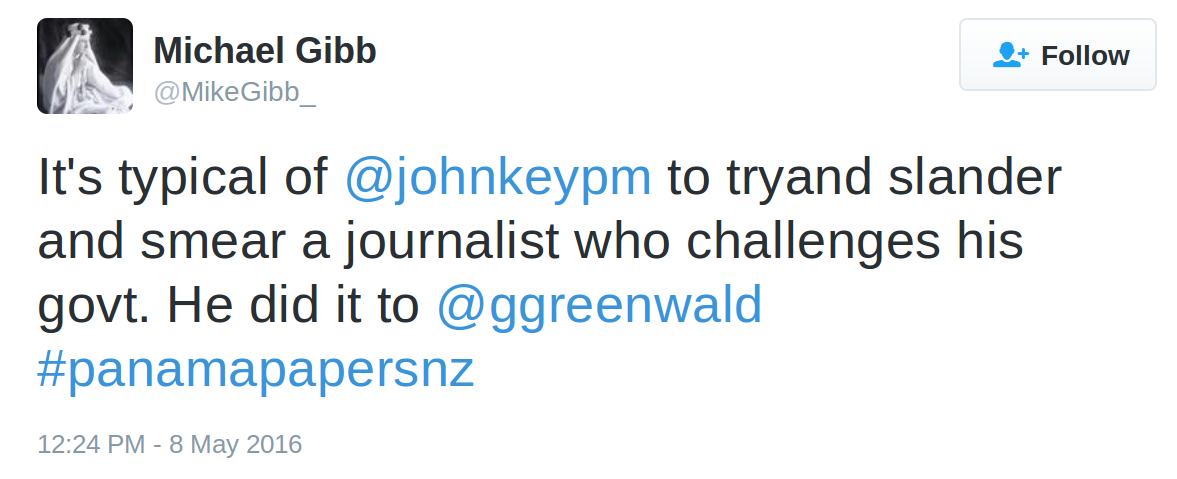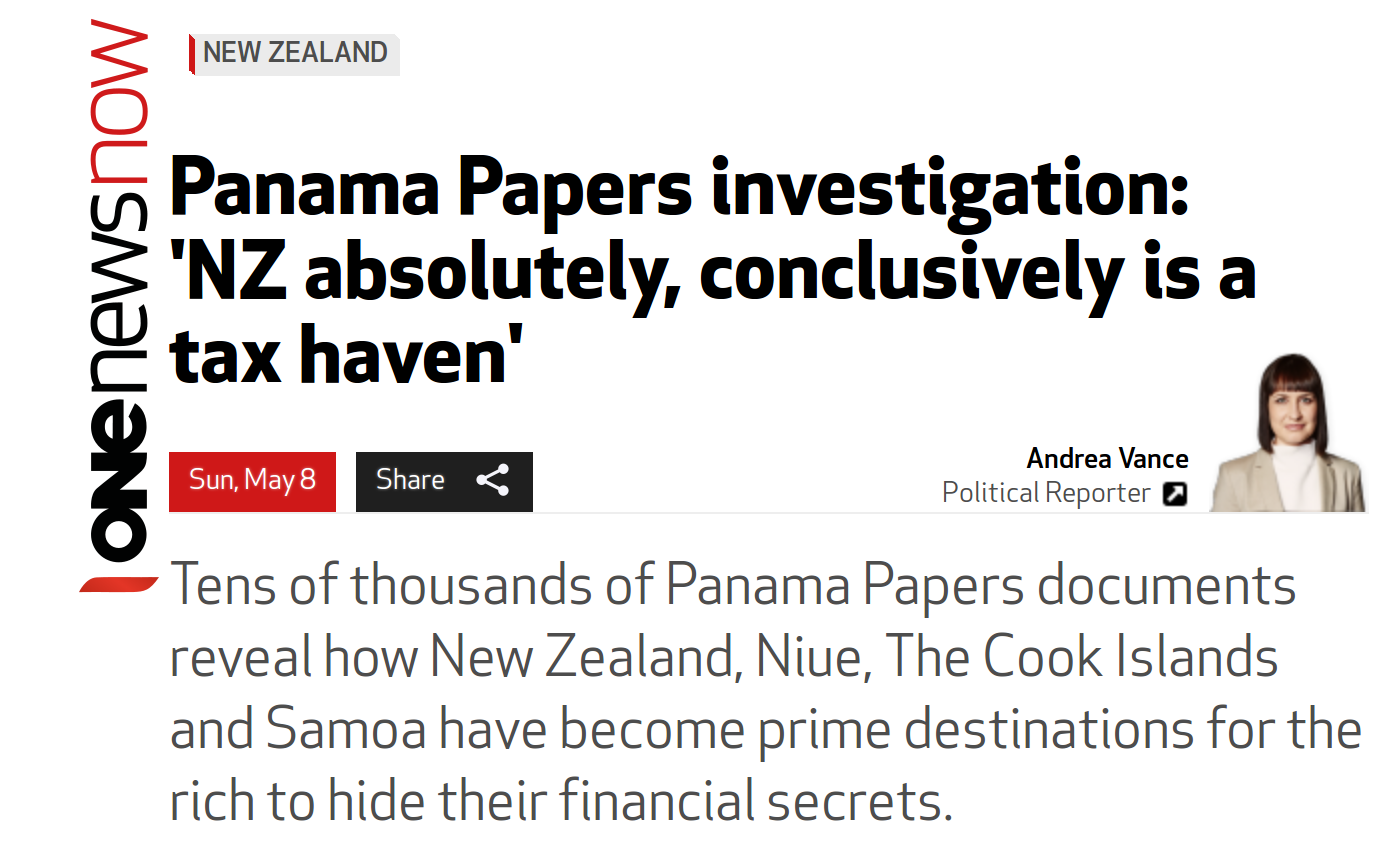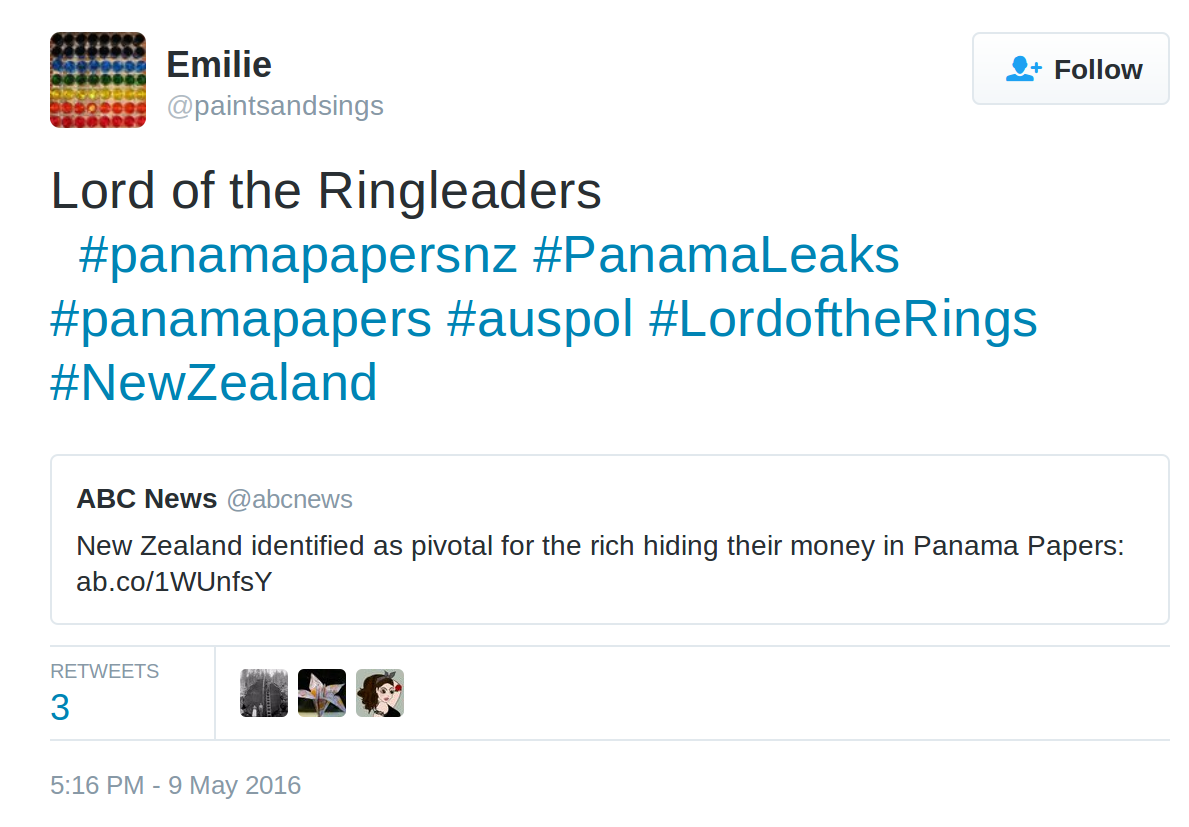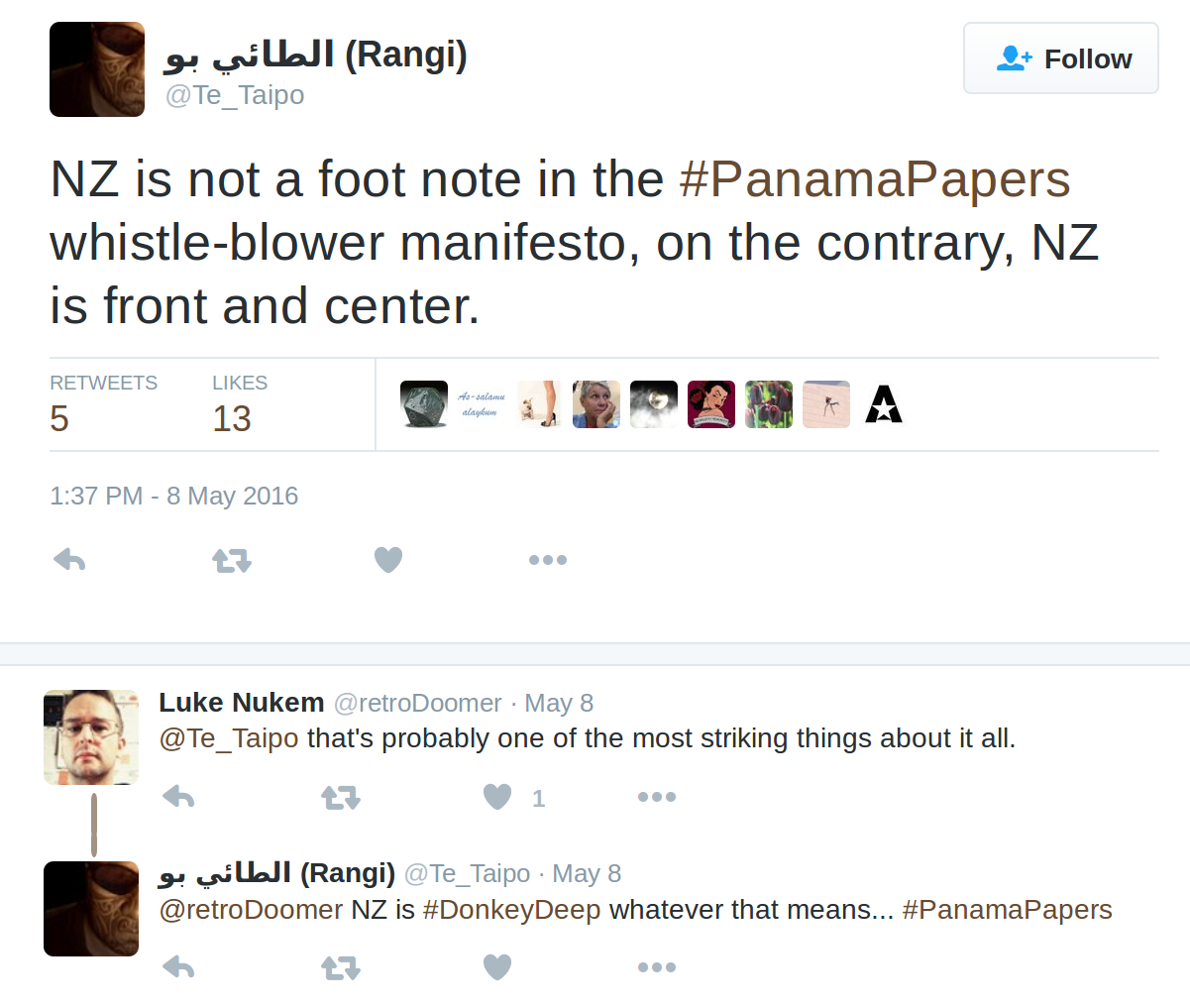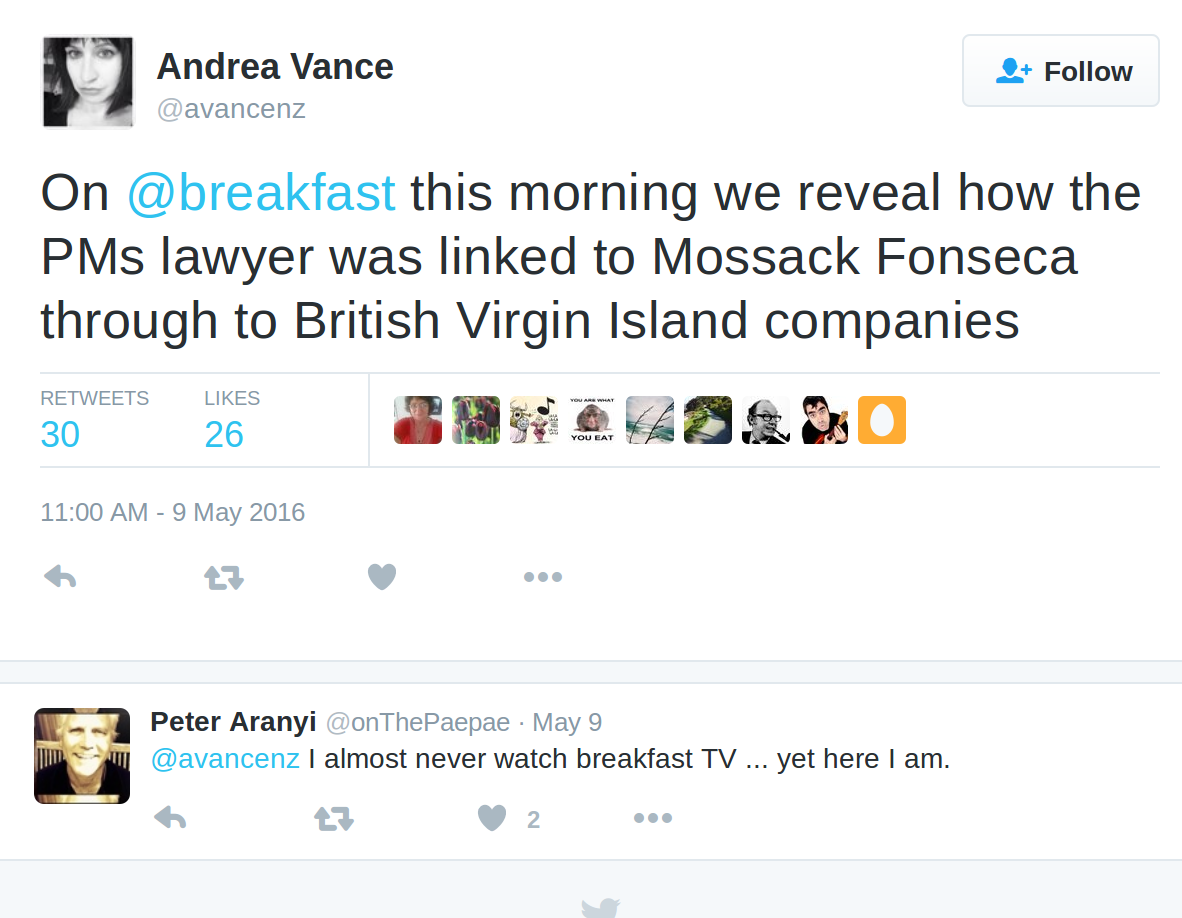There is nothing better than information gleaned straight from the horse’s mouth. Especially when the horse in question happens to be the head of a spy agency, dishing on mass surveillance, WikiLeaks, Snowden and even “the Russians“.
By happenstance I have obtained some fascinating material regarding New Zealand’s most infamous spy agency.
Recently one Andrew Hampton, the new-ish head of New Zealand’s NSA (the GCSB – Government Communications Security Bureau), put in an appearance at the board meeting of Transparency International’s New Zealand branch – TINZ.
Substantial notes were taken about his on-the-record remarks at that meeting.
The takeaways are a veritable goldmine from an analysis perspective – particularly for a journalist with my areas of interest. A rich tapestry of regurgitated propaganda straight from the mouths of the executives of US intelligence agencies were coupled with New Zealand-specific obfuscations and denials, laid out neatly amidst a smattering of easily disprovable “facts”.
The art of spin is to at all times sound entirely reasonable. To downplay any misgiving and gently assuage any concern. Hampton is apparently adept at this, as one onlooker observed that they were “left with the opinion that GCSB were following the rules.” Yet they knew from my own personal situation that that was unlikely to be the case.
My source wondered “if GCSB are being strict, but other agencies were mis-using the information GCSB provide… [Hampton] struck me as well informed, new at the job, perhaps slightly naive. If they are up to no good, and he was being disingenuous, he did an incredibly good job of covering it up. He didn’t strike me as being capable of such sophisticated obfuscation. [Another onlooker] felt GCSB was still capable of plenty of naughtiness, perhaps it’s buried further down in the organisation.”
While those further down in the organisation are likely products of the culture of the whole and perhaps prone to individual opportunism with regards to the use of the tools that they are granted access to, my deduction after intensive study is that the “naughtiness” in fact happens right at the very top.
A Trip Down Memory Lane
Even above Mr Hampton himself and certainly during the time period of 2010-2016, culpability traces right to the very doorstep of now ex-Prime Minister of New Zealand, John Key, who was Minister in Charge of New Zealand’s security services. Intelligence legislation dictates that the Minister in Charge may “co-operate with, and provide advice and assistance to, any public authority (where in New Zealand or overseas) and any other entity authorised by the Minister..” [emphasis added]
Nothing to fear, nothing to hide. A catch-all clause to save from having to obey any laws either, if you're #GCSB pic.twitter.com/TeD5uA7XY9
— Suzie Dawson (@Suzi3D) February 21, 2016
This suggests that New Zealand’s passing of the data of its own citizens to the National Security Agency would have had to be signed off at the very top.
Yet Prime Minister John Key also held the voting majority on the Oversight Committee that was supposed to hold the security agencies in check.
"Oversight": gifting voting majority to Prime Minister whos directly in charge of spy agency https://t.co/rLKr8DOOCV pic.twitter.com/HCuoGtKzhF
— Suzie Dawson (@Suzi3D) September 8, 2016
Having the Minister in Charge of the agencies be allowed to himself vote and to appoint two of the other four members, made a complete mockery of the entire concept of oversight.
The last bullet point in the above screenshot of the regulations for oversight stipulates: “The Director of the NZSIS (New Zealand Security Intelligence Services) must ensure that the NZSIS does not take action for the purpose of furthering or harming the interests of any political party.”
Yet we know that the NZSIS did exactly that to the former Leader of the Opposition.
“Inspector General of Security Intelligence Cheryl Gwyn’s report yesterday found primarily that former SIS director Warren Tucker was at fault for supplying “misleading” information about Mr Goff to the Prime Minister during a 2011 war of words between the pair.”
Not only did Cheryl Gwyn find Director Tucker at fault, she said that she “had found significant failures by the SIS to meet its obligations, both in the release of information and in upholding political neutrality… the information as released was incomplete, inaccurate and misleading… overall there was a basic failure to provide a full and accurate picture.”
There are further indications of how deeply shoddy and inappropriate New Zealand’s practises are surrounding their intelligence services. In the wake of the Kitteridge Report (by then Secretary of Cabinet Rebecca Kitteridge) which the Prime Minister described in April 2013 as “pretty damning“ after it had revealed the 88+ instances of illegal spying on New Zealand citizens, then Inspector General of the Intelligence Services Paul Neazor promptly went public about his own report ostensibly clearing the GCSB of wrongdoing.
Radio New Zealand reported:
“…Paul Neazor says he has not found there were no breaches – only that its spying on New Zealanders may have been legal.”
Wrap your head around that one. From the double negative to the “may have been“.
Predictably, the report was not released to the public.
Yet the RNZ article continues:

Yet the above claim that “all of the cases were based on serious issues such as the development of potential weapons of mass destruction, people smuggling and drug smuggling” is not possible. Because it was revealed in 2016 thanks to The Intercept and TVNZ that one of the targets was a pro-democracy activist in Fiji. Which appears to retrospectively catch out then-Director Ian Fletcher in an outright lie.
And who was Ian Fletcher? According to 3News: a “former schoolmate of John Key” with “no military or GCSB experience” who was “directly approached by the PM” and offered the opportunity to apply for the position of Director of the spy agency.
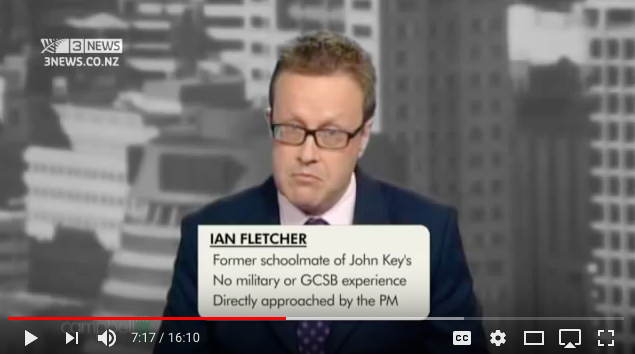
Then of course there is the issue of the GCSB already having admitted to illegally spying on tech entrepreneur and New Zealand resident Kim Dotcom. Prime Minister Key even mustered a rare apology for the illegal actions.
There are additional questions surrounding how much Key’s then Chief of Staff Wayne Eagleson, who has been described as the “power behind the throne” and is also Chief of Staff to the now-Prime Minister Bill English, also knew and/or was involved in the political mayhem that surrounded the GCSB’s targeting of New Zealand citizens and residents. While Key has departed, Eagleson has not.
After a year in the job, how much Hampton knows is anyone’s guess. As the analysis of his speech that will follow demonstrates, his discourse mostly comes across as ‘Monkey-Hear, Monkey-Say’ rather than ‘Monkey-See, Monkey-Do’.
His apparent conviction in his words is no doubt as practised as his media training and it is likely that he in fact believes every word. For by their nature, careerists are so invested in the continuity of their position and the trajectory of their careers that they often genuinely and wholeheartedly commit to their own propaganda.
To believe that everything is OK and that there really is no dark underbelly to their service, their organisation or their government is a far sweeter and more emotionally palatable, not to mention lucrative, option than the cold dread of the scarier alternative.
Thus there are many incentives for others within the GCSB to take what Mr Hampton says at face value and to themselves adopt his assertions – professional, social, financial and emotional pay-offs for doing so.
There is only one reason to look deeper and between the lines:
Because you value the truth.
The Great Paradox
In New Zealand, when citizens who act to challenge the intelligence agencies are vindicated in court, the law is changed to make those acts illegal.
When actions undertaken by the intelligence agencies against its own citizens are found to be illegal, the law is changed to make those acts legal.
This was in evidence when the ‘Waihopai Three’ – a preacher, a teacher, and a farmer, outraged by New Zealand’s Waihopai Spy Base being used to collect targeting information for America’s war in Iraq, pierced one of the ‘bubbles’ (satellite domes) with a sickle and found themselves up for 10 years in jail and a million-dollar fine.
Allowed to state their reasons for their act in front of a jury of their peers, they were ultimately acquitted.
The Government’s response to the acquittal? Not to appeal it, but to simply change the law to remove the possibility of anyone else being able to defend similar acts of protest on the same premises.
When the GCSB was found to have been illegally targeting New Zealand citizens in violation of law and of their own founding charter, the government’s response was the opposite. They implemented a series of amendments to the law to make the illegal acts legal and to date there has been no restitution or redress achieved by the many victims. Police declined to prosecute the offending agency, citing lack of criminal intent.
The country was in an uproar. Dozens of New Zealand towns and cities broke out into protest in a movement against the spy agency the likes of which may never have been seen before.
The outcry was so sustained that even the mainstream media couldn’t keep a lid on it.
For once, the issue was being thoroughly investigated by the biggest political news shows in the country.
Famous broadcaster John Campbell clearly tied the whole saga back to the United States, on his hit show “Campbell Live” in this utterly damning investigation:
However the end result of the scandal was a blind-eye being turned to the mass dissent and the new legislation being considered under urgency and then passed by a razor-thin margin.
Even the Conservative Party was unhappy about the bill being tabled under urgency.
Indeed the strength of the movement against the GCSB was that it was bi-partisan. Almost every political party except the ruling coalition jumped on board the wagon. Unfortunately New Zealanders learned a hard lesson: that no matter how much they protested or how much they dissented, the authoritarian National government was far more interested in pleasing their American overlords than in appeasing their own public.
The line had been drawn in the sand. The message was clear: Protest will get you nowhere. The government doesn’t care. They will do what they want regardless. And just as with the TPPA and every other instance of ignoring the will of the overwhelming majority of New Zealanders, so they did and so they do.
Again and again.
The Meat In The Pie
Which brings me back to what the Director of the GCSB, Andrew Hampton, had to say to Transparency International New Zealand, where we’ve heard it all before and most importantly, what he didn’t say.
- The Director said GCSB is/has been “held to account“
Well, if you call saying sorry for doing illegal things yet suffering no criminal penalty and paying no compensation while having your illegal acts retrospectively legalised and then having your powers dramatically and arguably unnecessarily expanded not once, but twice, as well as having your budget substantially increased repeatedly (up 19% in 2010 in the midst of their illegal spying and up another $178 million starting from 2016) being “held to account“, you’re probably qualified to become the next Director of the GCSB.
2. The GCSB is “a public service“
If the definition of a public service is where you get funded by the public, but can violate their rights without suffering legal, legislative or budgetary recourse, can ignore the will of the same public when they decry both your activity and the increases of your powers all while spying on that very public (and worse, shipping citizen’s private information offshore to foreign powers) then you probably get an honorary PhD in Orwellianism to go with your new job as Director of the GCSB.
3. The GCSB “is accountable to Ministers“
Except, as discussed above, the Ministers appear to be accountable to no one. With the Prime Minister casting the deciding vote on the Oversight Committee, that is the end of accountability.
4. It is “not optional, must comply with law.”
Except that when they don’t comply with the law, the law simply gets changed.
5. There are “high levels of scrutiny” and the GCSB is “more accountable than many other departments.“
Great, the other-people-are-worse-than-us argument. The only reason there is high levels of scrutiny is because the conduct of the agency has been so egregious in the eyes of the public, their choice of targets so inappropriate and their lies and cover-ups so voracious, that they have made a complete mockery of themselves year in and year out. The GCSB has made itself so infamous that it has entered pop culture. It was the star of iconic Kiwi rock band Shihad’s album “FVEY“. It is a cartoon caricature. It is literally a meme in New Zealand. Thousands, in fact. There are social media accounts who exist solely to mock them, Facebook pages and groups, campaigns devoted to shutting them down entirely, and 88 New Zealanders who are probably going to sue the crap out of them when they inevitably find out who they are and what has been done to them. Every cover-up just prolongs the scandals further and the complete lack of redress is a festering sore that no amount of denials or spin can effectively conceal.
6. The Director says that there are three key objectives to the GCSB legislation; “International security, national security and economic well-being.”
The major question this raises is – security according to who? The United States? What if the United States finally illegally invades one too many countries and things go pear-shaped? Foreign policy determined by the objectives of a foreign power rather than our own is a slippery slope; national security policy determined by the same is even worse. And I’m not just being paranoid here. To suggest that our interests just happen to align with the United States is folly. The truth is, whether those interests align has nothing to do with the will of the people and everything to do with the will of those who are in power.
As for economic well-being, apparently that extends to spying on the rest of the world to try to install our own trade representative as the Director-General of the World Trade Organisation. Yet another embarrassing scandal on the pile for the GCSB.
7. According to Director Hampton, there was only “seven intercepts last year” (2016) yet Hampton said he spends “4-5 hours a week getting authorisations over at the Beehive”.
This is a huge red flag. The enhanced spying powers included the ability to get a warrant not on a person but on an entity, provider or geographical location. Yes, in theory, literally an entire geographic area could be surveilled under a single warrant. This amounts to a general warrant.
Quoting from USLegal.com:
“Historically, general warrant was issued by the English Secretary of State for the arrest of the author, printer, or publisher of a seditious libel, without naming the persons to be arrested. Such warrants were banned by Parliament in 1766.
A general warrant refers to a warrant providing a law-enforcement officer with broad discretion or authority to search and seize unspecified places or persons. A general warrant lacks a sufficiently particularized description of the person or thing to be seized or the place to be searched.”
The use of general warrants are widely regarded to have led to the American Revolutionary War.
From TechLiberty.co.nz:
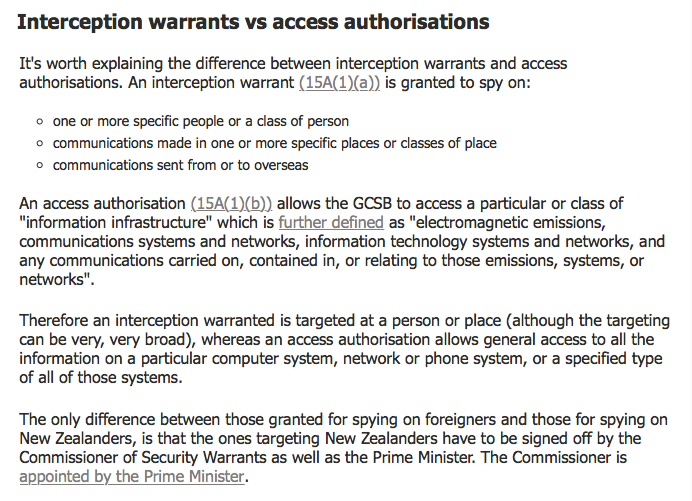
So the GCSB bill allows the GCSB to spy on “a class of person” (whatever on earth that means), or “classes of place”.
Leaving little doubt that it in fact meets the definition of a general warrant.
8. The Director says “Sometimes other agencies legal frameworks don’t suit new types of threats...” He quantifies this with a classic fear-mongering example: “…counter-narcotics.” He claims there was a “…big bust 2 weeks ago…” but that the agency couldn’t do something about it.
To hear him tell it, you’d be forgiven for thinking the GCSB sits around busting drug traffickers all day. Yet the reality seeps through in the situation of the aforementioned non-violent pro-democracy activist in Fiji. His house was raided, his passport revoked and he was utterly terrified. There was not a single allegation of drug trafficking or anything of the like. It was just yet another example of a political persecution enabled by pervasive government spying powers. Powers that have been broadened and enhanced since.
9. The Director says that the ‘Five Eyes’ (FVEY) agreement has existed since the 1940s; has “Lots of benefits”; results in “information from our partners.” Claims that for every 1 intelligence “product” New Zealand generates, 99 are received from FVEY.
This is an alarming and potentially deceptive statistic. Since the Snowden disclosures, a number of practices of the intelligence agencies have become known – not just those relating to their usual functions but also some of the methods by which they bypass regulations and restrictions in order to obtain information that they want, regardless of the impropriety of doing so.
In particular, the practice of getting information about someone they are not warranted to target by collecting information of foreign nationals which whom they have been in communication, and for which the agency thus doesn’t require a warrant to collect on. This is what is called “incidental collection” although there is in fact nothing incidental about it.
Additionally, agencies have been obtaining data on their own citizens by having a partner agency perform the collection instead of the agency doing it themselves.
This practice provided cover for the agencies who could then say “we did not collect information on our own citizens” while knowing full well that they were receiving it via their partners.
While this is no longer an issue for New Zealand, who has now blatantly legalised spying on their own citizens, there is likely more to the 99 vs 1 claim than it appears on the surface.
10. On the subject of Snowden, the Director spouts Obama’s lines word for word – Snowden’s disclosures “led to a debate that needed to happen.”
However, this admission soon led to the usual Snowden-bashing that we have come to expect from proponents of government surveillance.
The Director said that Snowden’s leaks “led to heightened anxiety” and claimed that “all of that activity had been authorised.”
He then disclaimed the importance of Snowden’s revelations in New Zealand, stating that New Zealanders “don’t need Snowden to discuss our agencies transparency – we had [Kim] Dotcom.”
This is another misnomer. I was present at the Moment of Truth event in Auckland in 2014 where Snowden, Julian Assange, Kim Dotcom, Glenn Greenwald and others spoke about the significance of the Snowden documents in relation to New Zealand. A number of extremely pertinent pieces of information were disclosed that went largely unreported by media. These included revelations that there are in fact multiple NSA facilities operating on New Zealand soil, with NSA staff and NSA funding. Some of those installations were previously unknown and unheard of in New Zealand. The implications are massive and remain unaddressed.
11. On the subject of WikiLeaks, things got markedly more hostile. “As a result of WikiLeaks the world is a less safe place” declared the Director.
It didn’t end there. WikiLeaks had “made extremists adopt end-to-end encryption.” This had had a “cooling effect on telecom companies-to-agencies cooperation.”
These are precisely the same claims that were made about Snowden, before the US government did its U-turn to claim that his revelations had led to a necessary debate. Now the scapegoat is WikiLeaks.
The fact is, extremists have known for decades that they were being spied on and their use of a variety of evasive measures, including encryption, predates both WikiLeaks and Snowden.
12. When asked about the Podesta email dump, the Director said “it was the Russians behind it but it was a simple hack.”
The Director spouting US pro-surveillance propaganda word-for-word is ominous enough, but for one of the five top spymasters in the world to make definitive claims about something that is so far from proven is profoundly disturbing. Not only are the claims that the Russians did it baseless, but there certainly is evidence to the contrary.
[It is also noteworthy that the #Vault7 WikiLeaks releases showed that CIA hacking ops practice deniability by using signatures of foreign agencies – specifically the Russians, Chinese, North Koreans, Iranians and others.]
What Do The Good Guys Have To Say About This?
An anti-privacy pro-police state plague has infected the world. Think that sounds extreme? When the Human Rights Commission took the very serious step of submitting an urgent report to Prime Minister John Key about the GCSB Bill, he publicly threatened to pull their funding.
Fast forward to the second round of expanded powers for the spy agencies – the 2016 Security and Intelligence Bill – and the Human Rights Commission dutifully had another go at making a critically important submission.
Spy Laws Spreading Like A Virus
The Aussie’s Data Retention Act – the USA Freedom Act – the new Canadian CSEC powers and the UK IP Bill – all had their genesis in little old New Zealand’s GCSB Bill. Just as the TICS legislation empowering – in fact, obligating – Internet Service Providers to spy on their consumers is being adopted worldwide.
Countries that the West has long accused of being democratically deficient and oppressive are modelling their legislation on that of the Western World, who have so outdone themselves in their quest for power over their citizenry that they are now legislative models for dictatorships and autocracies globally.
Edward Snowden recently pointed out:
There's an unwritten story in how China increasingly models new surveillance laws on US legislation to cut criticism off at the knees. https://t.co/BjYtQQvZK7
— Edward Snowden (@Snowden) March 30, 2017
So who has been spied on?
Possibly you. Probably me.
The only ones who know for sure are the GCSB.
Written by Suzie Dawson
Twitter: @Suzi3D
Official Website: Suzi3d.com
Journalists who write truth pay a high price to do so. If you respect and value this work, please consider supporting Suzie’s efforts via credit card or Bitcoin donation at this link. Thank you!
[This post is being live-blogged. Please periodically refresh your browser to check for updates]
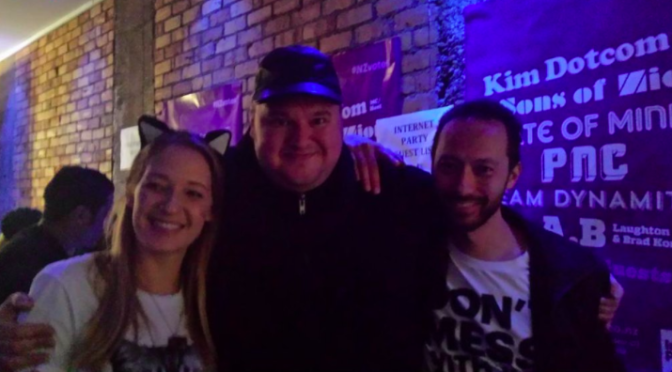
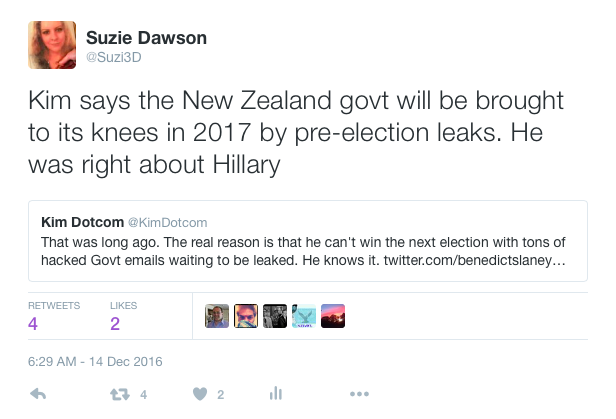
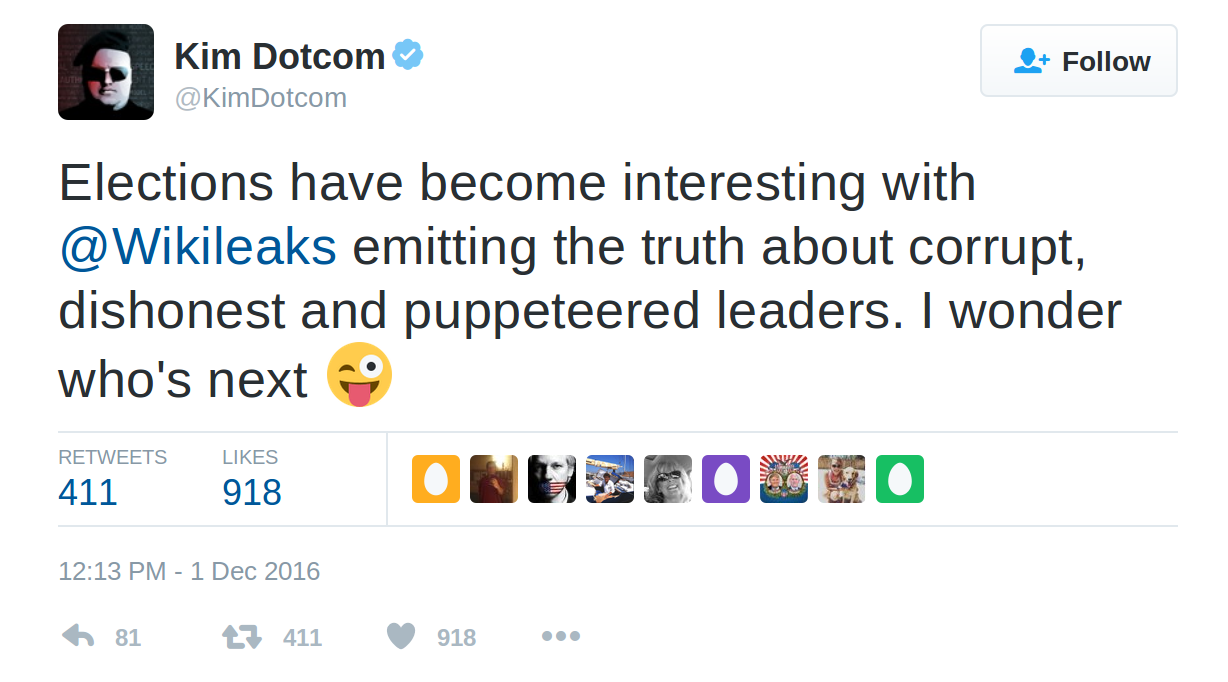
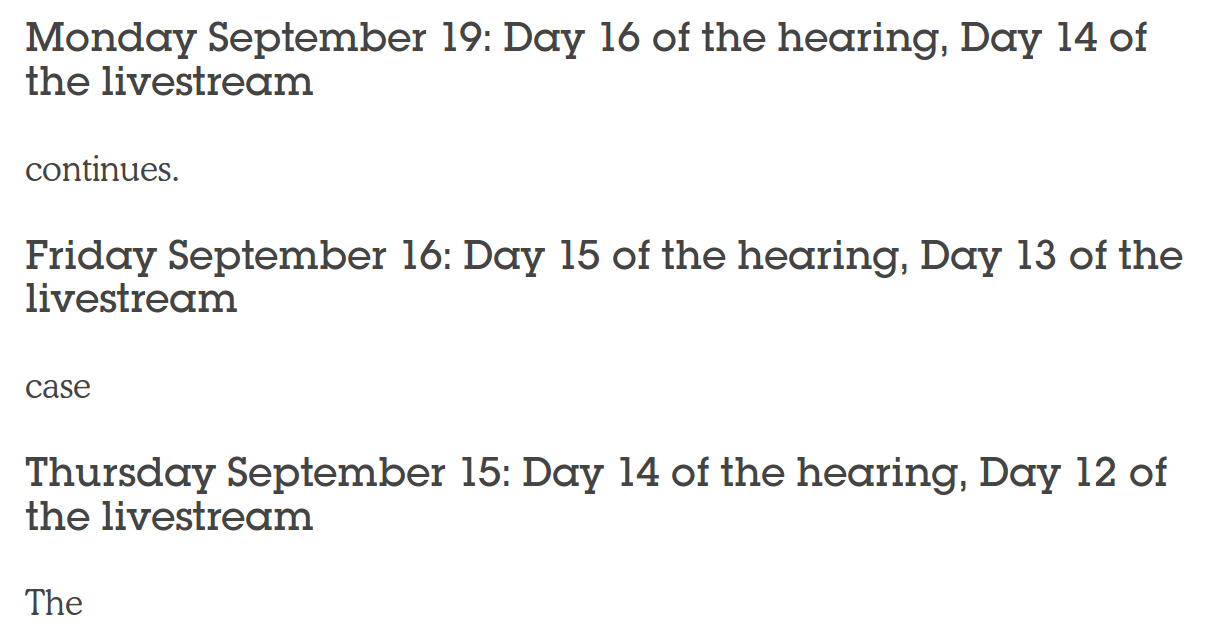
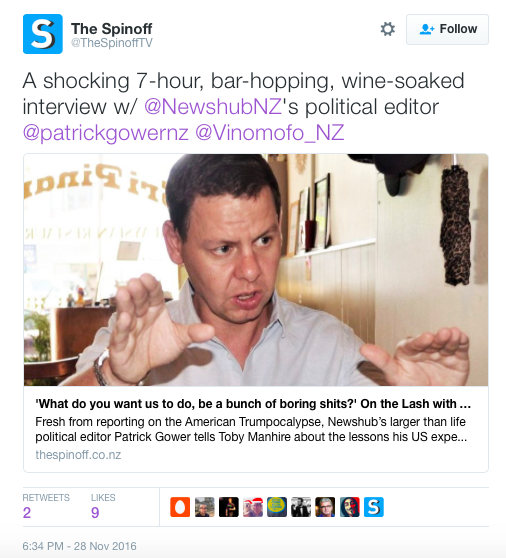

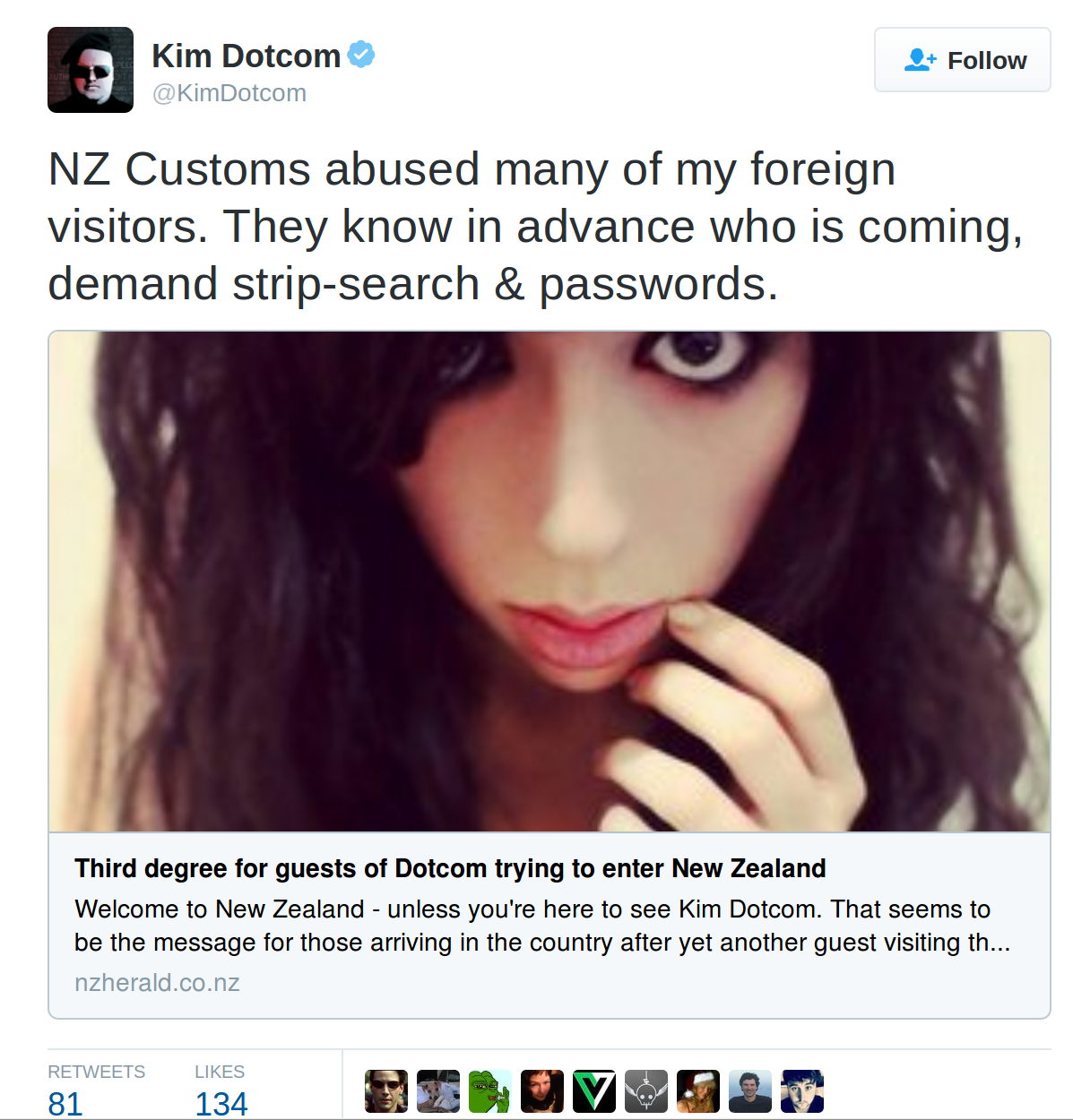
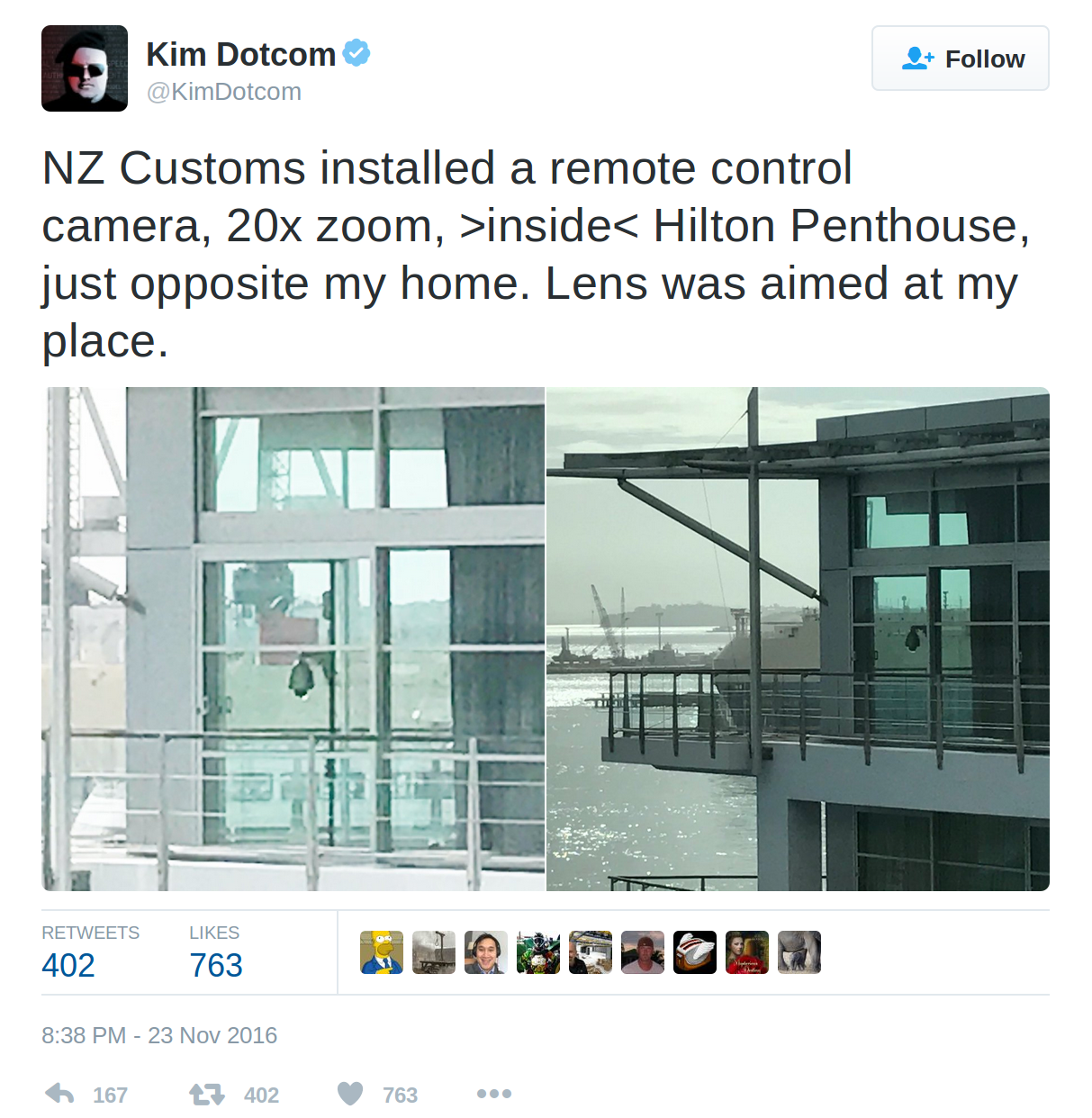
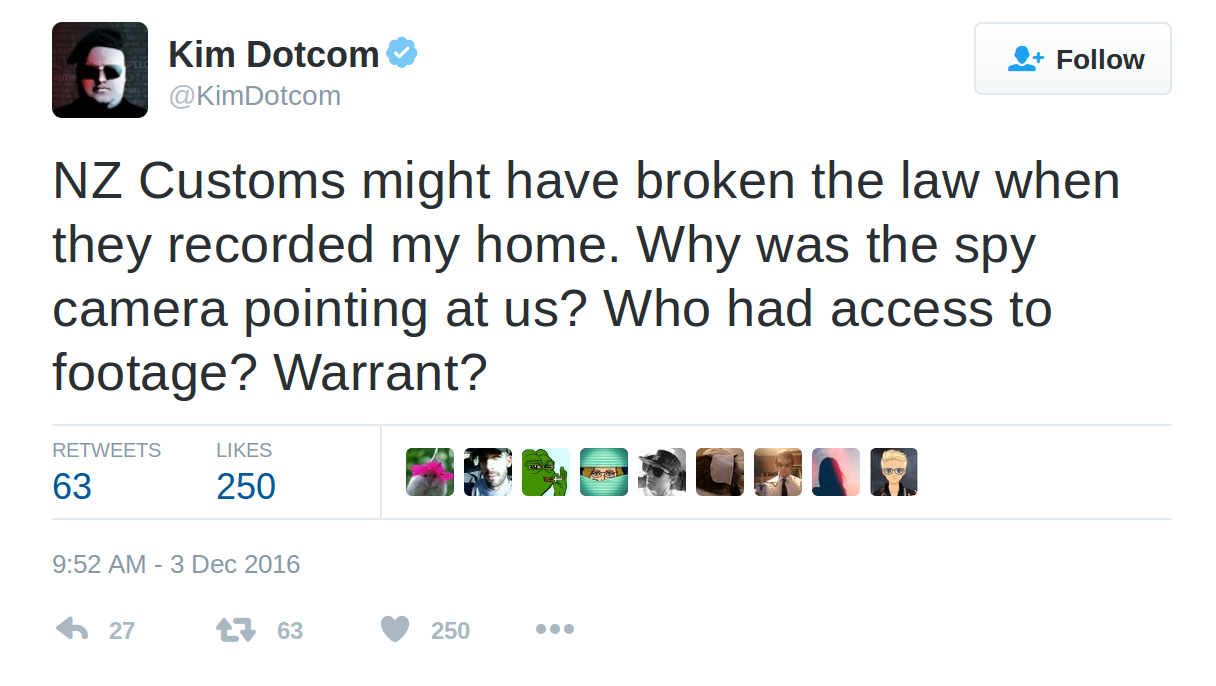
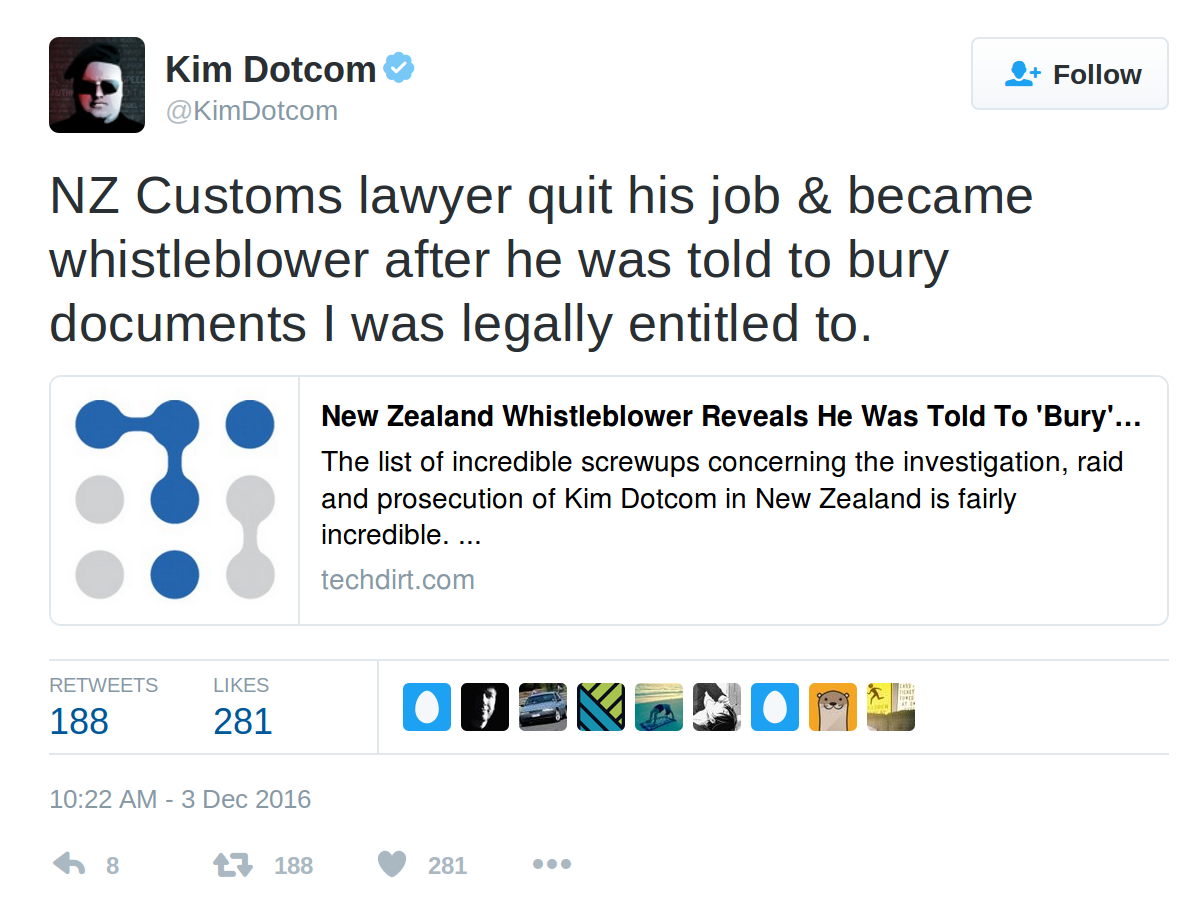 At this point, illegally spying on Kim Dotcom is about the stupidest undertaking possible. The government getting caught doing exactly that over three years ago, led to one of the biggest political scandals and
At this point, illegally spying on Kim Dotcom is about the stupidest undertaking possible. The government getting caught doing exactly that over three years ago, led to one of the biggest political scandals and 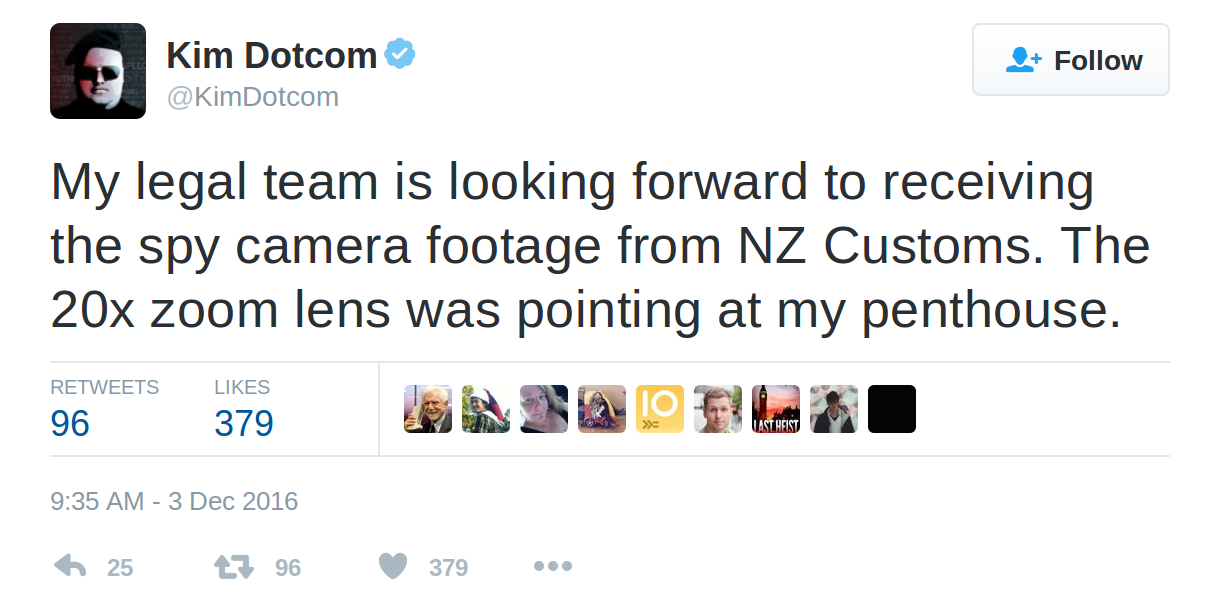
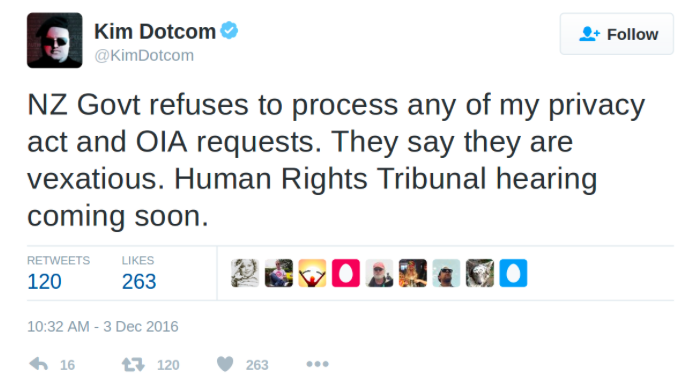
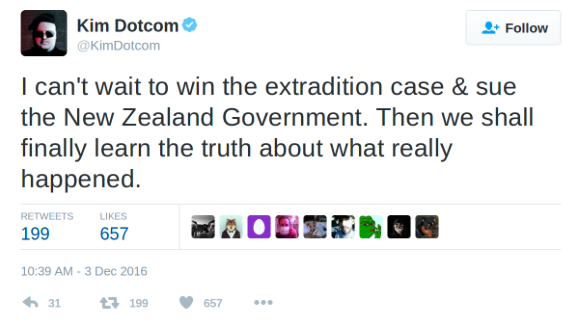
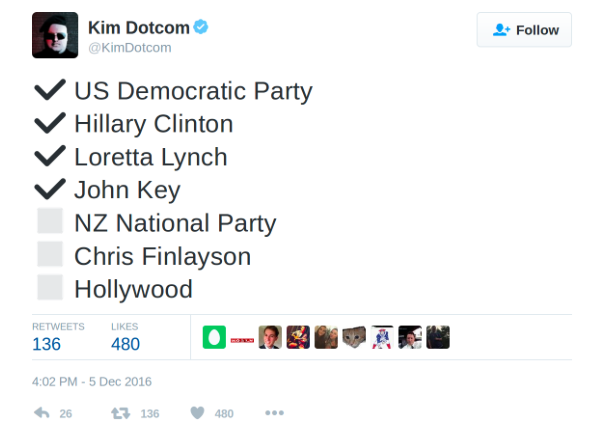 At the rate he is going, he may well get a tick in every box.
At the rate he is going, he may well get a tick in every box.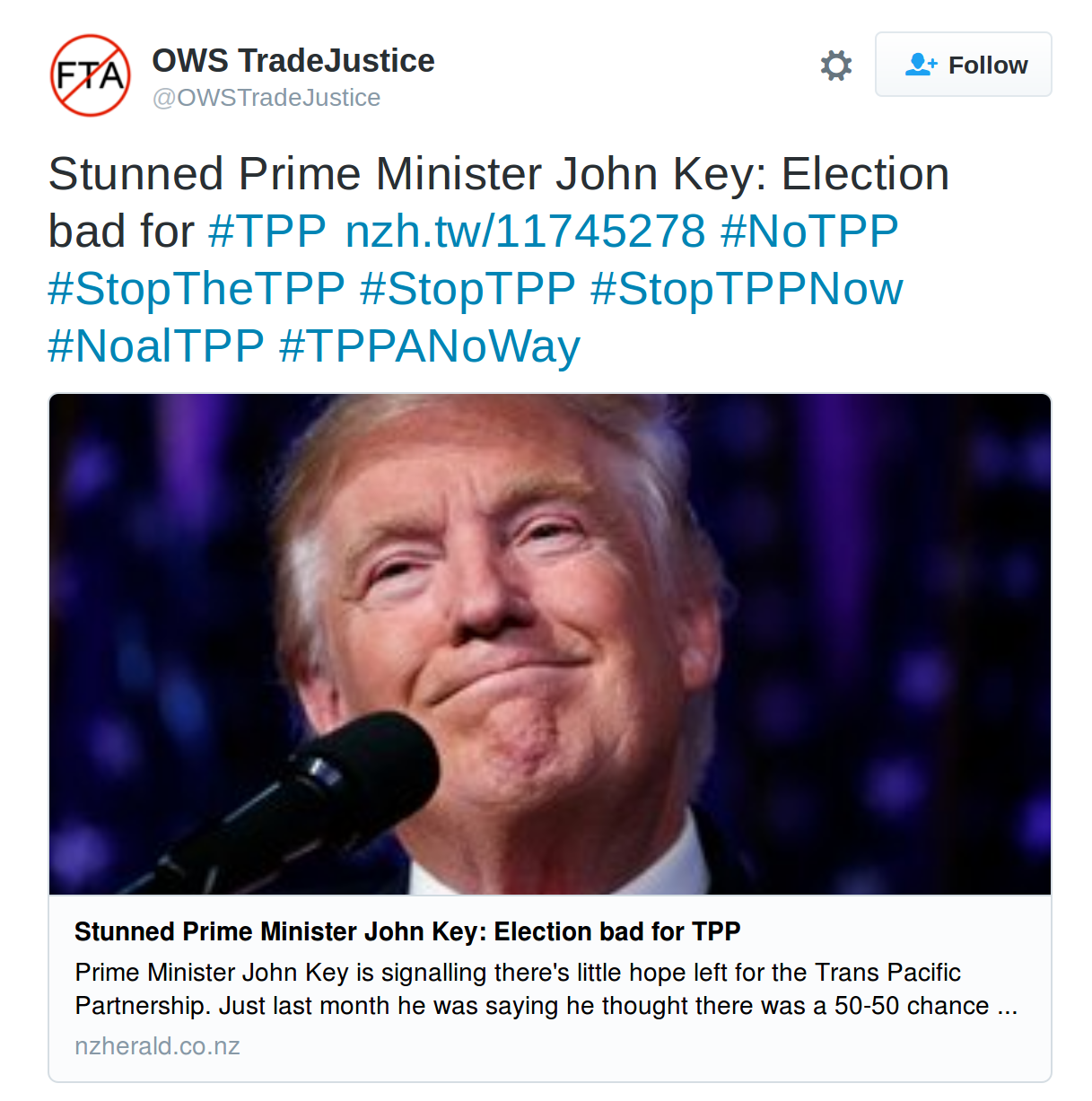
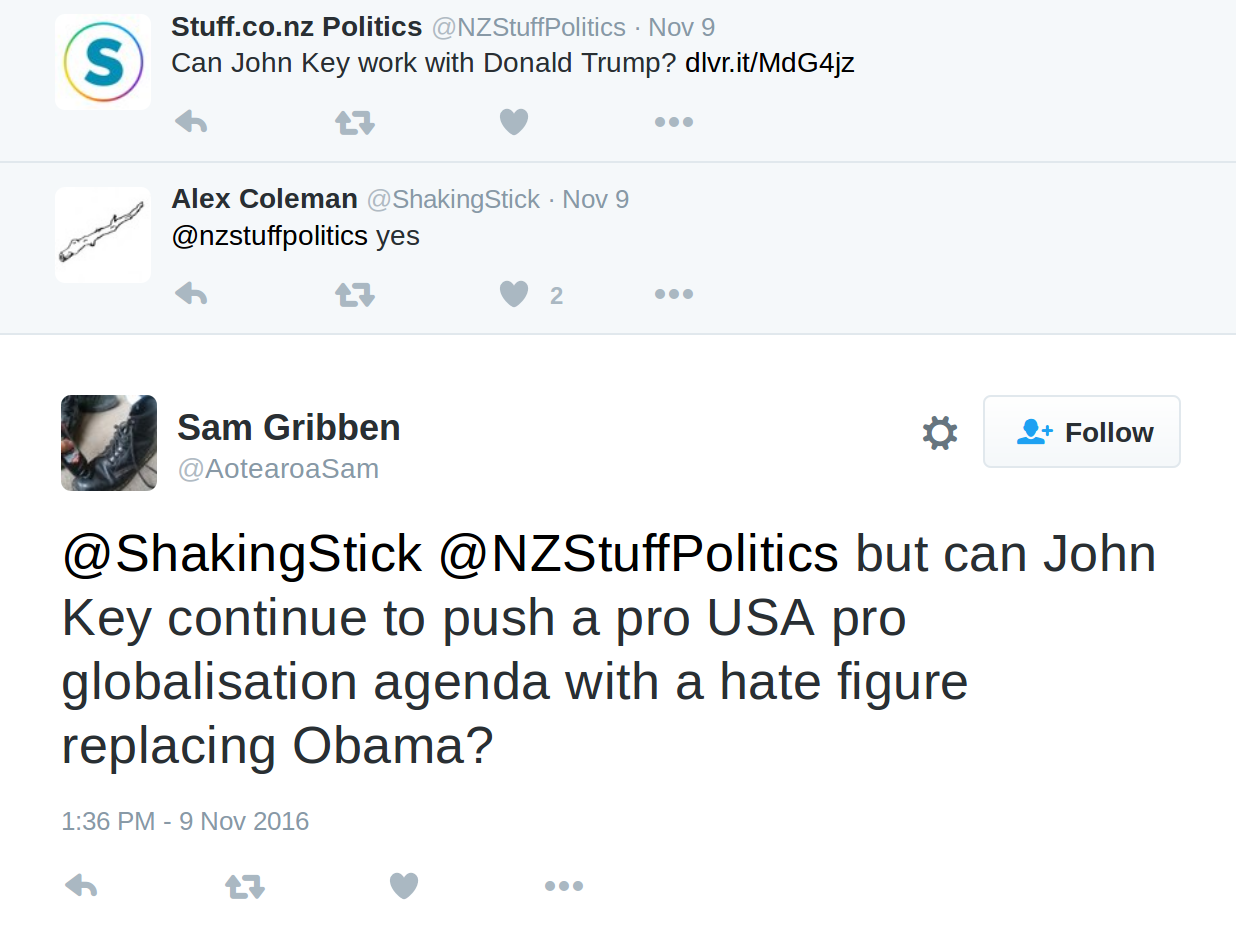 John Key
John Key 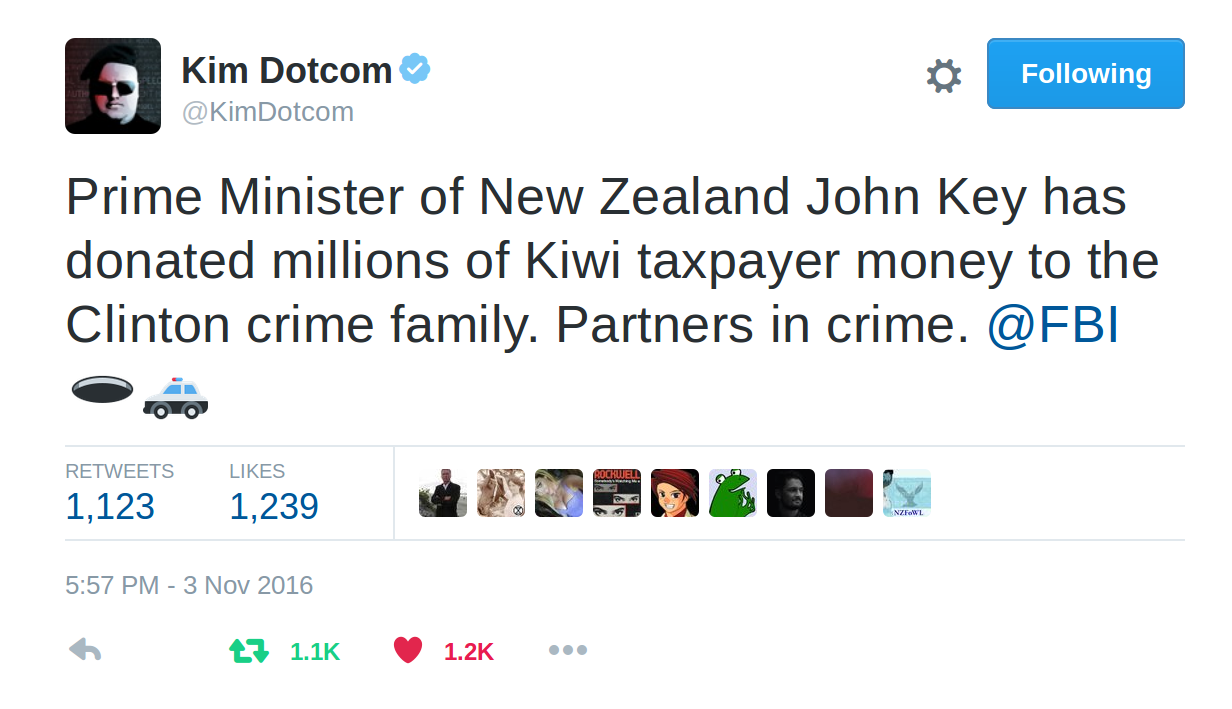
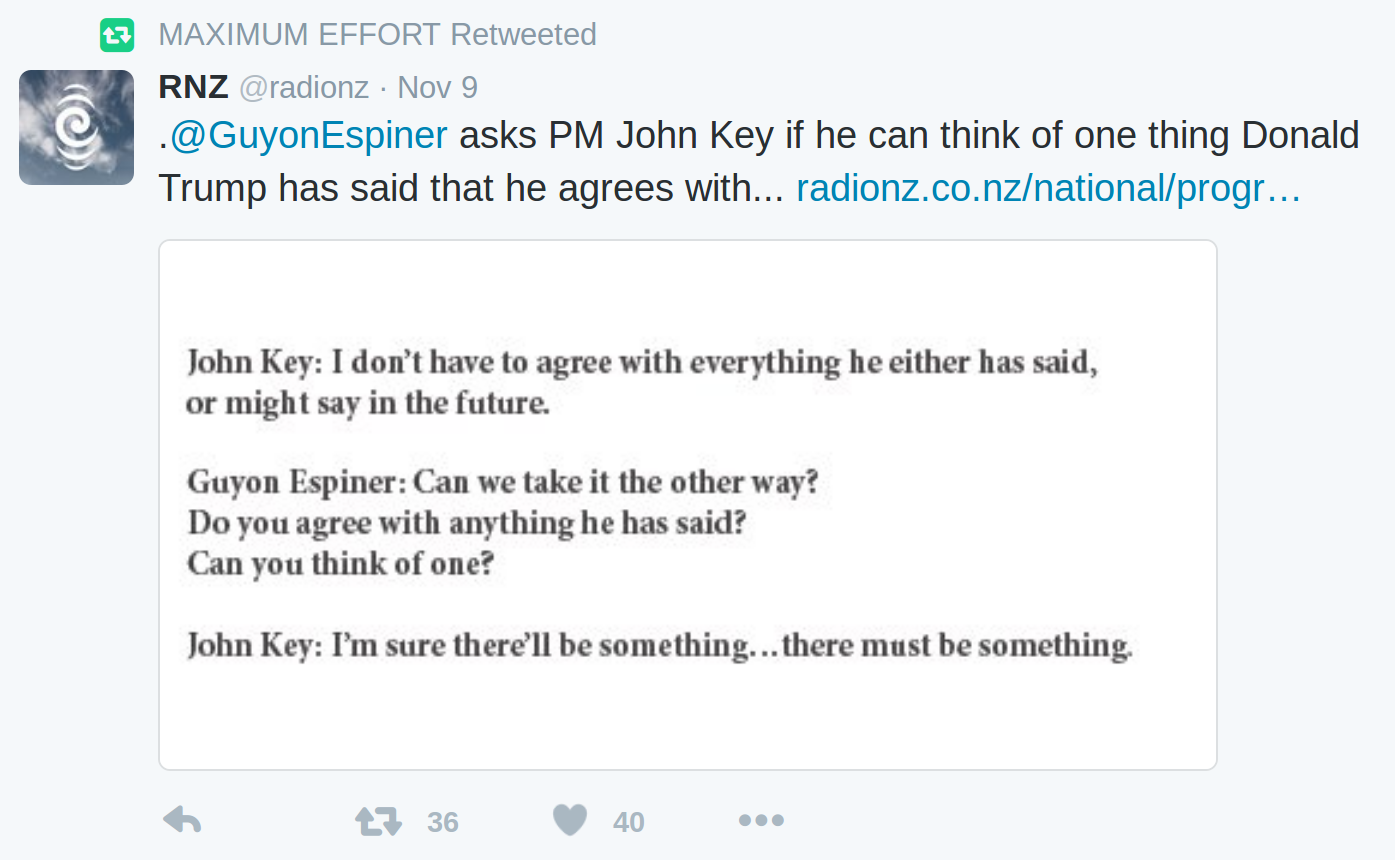
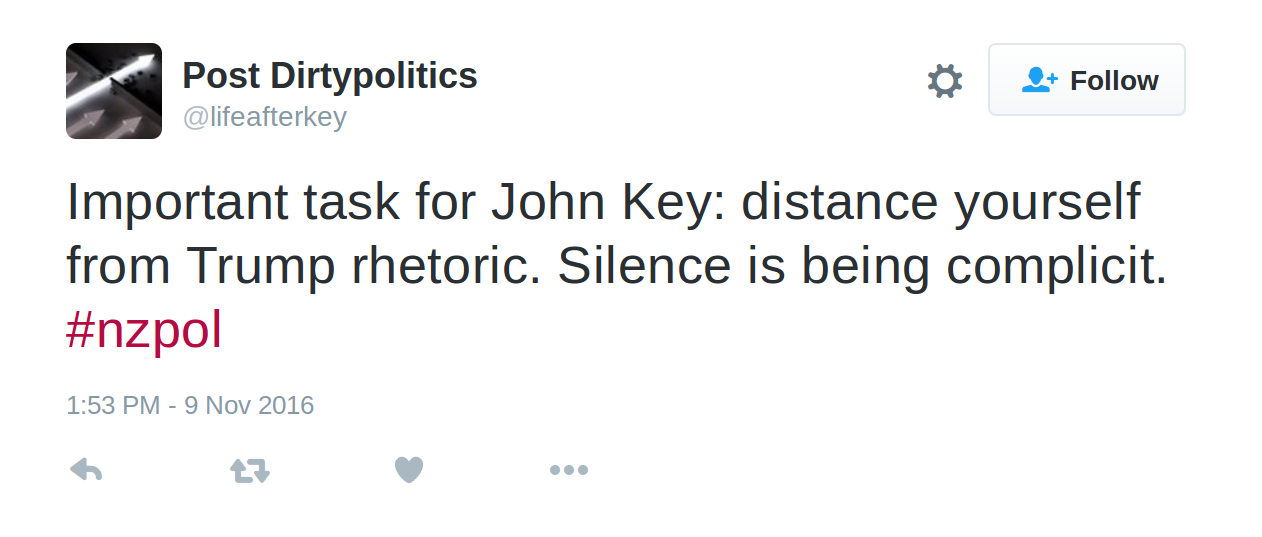
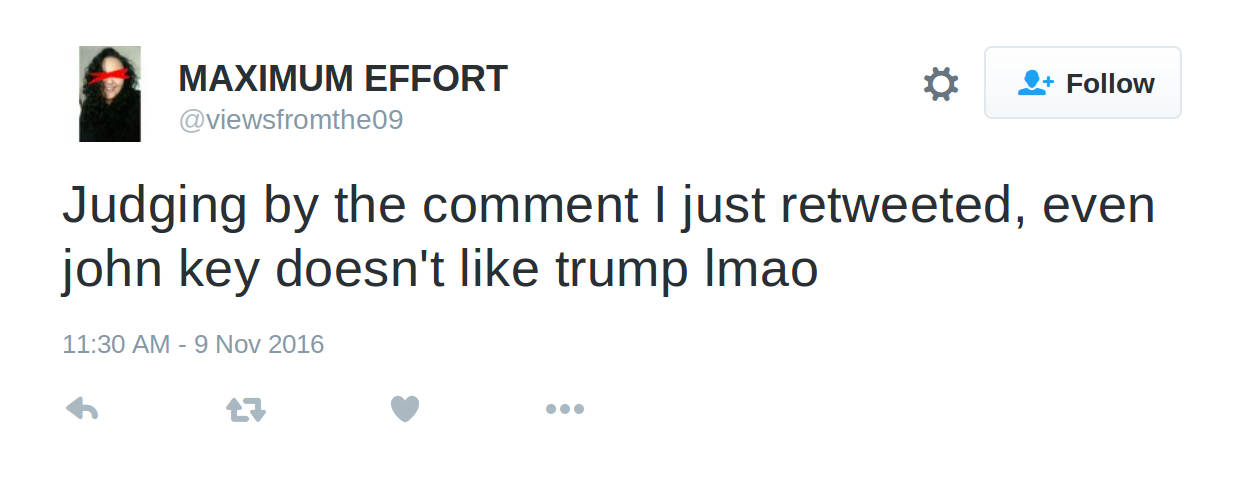 John Key is no stranger to scandal, and prone to telling porkies (
John Key is no stranger to scandal, and prone to telling porkies (